Home » Archives for 2013
Monday, December 23, 2013
Wednesday, December 18, 2013
a little jar of sticky memories
Lately, many of my London journeys have taken me through the hipster valley of Shoreditch/Hoxton. In terms of being able to fit a little street art/graffiti photography into my working day, this has been very good news. So I've been going positively bonkers on Instagram over the last few weeks.
The single most productive spot for me has been Blackall Street, a tatty little alleyway not far from Great Eastern Street. Almost every available surface is decorated and it seems like there is fresh activity most nights of the week. New stuff seems to pop up on pretty much a daily basis. Spotted this week: a little piece by the prolific street artist Bortusk Leer. The object depicted is something like a jar of Marmite or Bovril. Perhaps the latter, given that the label says EXTRACT OF BEEF CURTAIN.
This smutty expression transported me almost twenty years into the past, to a notable day on which a mispronounced version of that term was the cause of much hilarity for some. I was, that day, one of the weaker links in a seven-a-side football team playing in tournament on the rutted, unloved pitches of some university sports club in Kraków. My team mates were fellow Brits living in the city. We were the only non-Polish team, the other outfits including a group of (beatable) taxi drivers and a group of (bulky, intimidating) police officers. With one exception, no one in our side had paid any attention to the matter of the teams in the tournament having been given names. That exception was a guy named Phil. He had registered us as participants in the tournament and had deliberately failed to mention the team name that he had chosen. It was only when the results of the first tranche of games were read out over a crackly loudspeaker that the rest of us finally got to hear his joke. We were Beef Curtains F.C. That this meant nothing to any of our opponents only added to the hilarity of the gag for Phil and the other couple of goons who thought that our team name was the funniest thing ever. I thought I'd forgotten this entirely meaningless incident. But some things just stick.
Sunday, December 15, 2013
SAME OLD CRAP FROM AN UNEXPECTED VOICE
When Tottenham Hotspur F.C. is mocked, experience has taught me not to be surprised when the mockery takes an unpleasant anti-Semitic tone. Experience has also taught me not to be surprised when stuff of that nature springs from the lips or the keyboard of a Chelsea supporter. More surprising today, though, has been seeing this sort of thing from a Chelsea supporter who also claims to be a sports broadcaster working for BT Sport. It's good that she writes "all views my own" in her Twitter profile because presumably today's bit of unpleasantness is not quite in line with the values of the recent arrival on the UK TV sports scene:
Wednesday, December 11, 2013
BABY ON BOARD
those BABY ON BOARD badges
worn by pregnant women
when swaying around
on London's buses and Underground trains:
it feels like they're a good idea, conceived (pun intended)
with noble intentions
and high hopes
about the decency
of the travelling public.
but see what so often happens
and think again.
see the able-bodied
suits and brogues and cufflinks
acquire, suddenly,
a selective myopia.
and see them stare,
more intently than before,
at the bright little screens
in their laps and palms, never connecting
the dots between the unborn child slung
uncomfortably out in front of the living person stood inches away
(from the spreadsheet, the Twitter feed, or the game
of solitaire)
and the children spawned
from the loins
inside their own trousers.
maybe it's more understandable
in someone who's not (yet) had kids
of their own.
think of that scene
in The Office
when that (admittedly creepily irritating) woman objects
to the plumes of cigarette smoke emanating from the nasty mouth
of that horrible sod from the warehouse... and he says
she's not special just because she let
some useless tosser blow his beans up her muff.
but look, even if you haven't had children and
even if you're one of those people who goes on about
how you're never going to have children, and
even if you're one of those people who goes on about
how it's other people's choice to have children and
how you don't see why you should have to listen
to someone else's fucking brats making noise
in a restaurant,
or how you don't see why you should stand up for some bird
just because SHE'S DECIDED to have a baby:
well,
let me put it this way:
one day you're going to be old,
infirm,
incontinent,
and confused.
and
when that time comes
and you've had no children,
or the children you've had think you're a mean-spirited arse...
then you'd better hope that enough fucking brats have been born
in the time it's taken you to become
a desiccated husk.
because if new humans
are in short supply
then who's going to wipe your backside
and listen to your peevish bullshit?
Continue reading >>
worn by pregnant women
when swaying around
on London's buses and Underground trains:
it feels like they're a good idea, conceived (pun intended)
with noble intentions
and high hopes
about the decency
of the travelling public.
but see what so often happens
and think again.
see the able-bodied
suits and brogues and cufflinks
acquire, suddenly,
a selective myopia.
and see them stare,
more intently than before,
at the bright little screens
in their laps and palms, never connecting
the dots between the unborn child slung
uncomfortably out in front of the living person stood inches away
(from the spreadsheet, the Twitter feed, or the game
of solitaire)
and the children spawned
from the loins
inside their own trousers.
maybe it's more understandable
in someone who's not (yet) had kids
of their own.
think of that scene
in The Office
when that (admittedly creepily irritating) woman objects
to the plumes of cigarette smoke emanating from the nasty mouth
of that horrible sod from the warehouse... and he says
she's not special just because she let
some useless tosser blow his beans up her muff.
but look, even if you haven't had children and
even if you're one of those people who goes on about
how you're never going to have children, and
even if you're one of those people who goes on about
how it's other people's choice to have children and
how you don't see why you should have to listen
to someone else's fucking brats making noise
in a restaurant,
or how you don't see why you should stand up for some bird
just because SHE'S DECIDED to have a baby:
well,
let me put it this way:
one day you're going to be old,
infirm,
incontinent,
and confused.
and
when that time comes
and you've had no children,
or the children you've had think you're a mean-spirited arse...
then you'd better hope that enough fucking brats have been born
in the time it's taken you to become
a desiccated husk.
because if new humans
are in short supply
then who's going to wipe your backside
and listen to your peevish bullshit?
Sunday, December 1, 2013
LOOKING AROUND AT LUNCHTIME
it's good to be spending a lot more time in the Hoxton/Shoreditch area again. my little walks at lunchtime clear the head and offer up plenty of camera-fodder. these bits were seen on just one pre-prandial stroll this week:
Continue reading >>
Tuesday, November 26, 2013
ALL CHANGE ON RAVEY STREET
THE (STREET ART) PACE OF CHANGE ON RAVEY STREET IS RAPID INDEED. NO SOONER HAD this is my england GONE SNAPPING SOME BIG NEW PIECES ON THE GT. EASTERN STREET END OF THE ROAD THAN A COUPLE OF THEM HAD DISAPPEARED, REPLACED BY NEW BITS. ONE OF THE NEW THINGS IS BY MEXICO'S PAOLA DELFIN:
Continue reading >>
Thursday, November 21, 2013
LOOK DOWN AND BETWEEN
it feels like the more the gloss, the glitz, the noise, the stimulation etc. are sold to me, the more my eye is drawn to the relief of stillness and the quotidian little tableaux of twig, cigarette end and cracked paving slab: the blank bits of ordinariness meant to lie unnoticed between the shouty billboards, the shouty people and the blare of the screens. buy the stunning new album? experience the latest in whateverwhatever? I'll pass. I'll pass.
Continue reading >>
Saturday, November 16, 2013
Thursday, November 7, 2013
BEST BAND NAMES NOW AND THEN
I have this very vague memory of an amusing little piece in one of my brother's copies of Smash Hits (no I never fucking bought anything of that sort myself). This was in the mid-80's, I guess, and the article was really just a long list of weird band and artist names. I can't remember many of the names on the list. But I'm pretty sure that the punk and metal genres were well represented thereupon. Perhaps this is a false memory, but I seem to think that the name Revolting Cocks was on the list. Can that be right? Isn't that a bit too earthy for Smash Hits? Maybe. Dunno.
Reggae got a look in too, that's for sure, because one act of whose inclusion I am absolutely certain is Eek-A-Mouse, a name my dad still laughs about to this day, even though I'm certain he's never heard any of the guy's records.
That this article (no copy of which has been in my possession for almost thirty years) remains stubbornly lodged in my memory is due, I'm sure, to the fact that silly band names have always been strongly appealing to my brother and I. So much so, in fact, that my brother once created a (purely imaginary) band which he named The Achmed Smugglers*. For my part, I was once the least talented member of an actual group that rejoiced in several names including Urine Sample and Pest Control.
It was, I assume, this eye for a bonkers band name that recently led me to discover the existence of an eccentric Nottingham combo known as Arse Full of Chips. I have no idea what, if anything, I was originally looking for when I stumbled upon some website or other that mentioned the East Midlands songsters-slash-funnymen. But I'm glad it happened, because now I get to enjoy the fact that the current generation of youngsters have their own version of Half Man Half Biscuit. AFOC and HMHB, for me, take somewhat similar approaches to writing lyrics. If you listen to a bit of AFOC, you'll understand what I mean. If you do want to check their stuff out, the songs I recommend most highly are Flogging a Dead Meerkat, Top of the Plops, The Internet Has Ruined Everything and Are You That Bloke Who Gets His Willy Out?
Anyway, given that they never play down south and given that I never go to gigs any more, it seems unlikely that I'll ever sample the live AFOC experience. Just as well maybe. One of the lads does apparently get his willy out on stage and I'm a bit British about stuff like that. But, wanting to supportive, and mindful of all that stuff about merchandise being worth more than music sales these days, I ordered a fetching AFOC t-shirt, which I'll be sporting in public very soon. It took a while to get here, but here it is:
* not sure if it was spelled "Achmed" or "Ahmed" and I can't be bothered to ask my brother
Thursday, October 31, 2013
Thursday, October 10, 2013
SPECIAL LADIES
ANOTHER TRIP TO CAMDEN, ANOTHER LOOK AT THE STREET ART CANVAS OF THAT MAN STU BAGS. ON THE LAST VISIT, WE SAW THAT STU WAS PASTING UP PICTURES OF THE IMPORTANT WOMEN IN THIS LIFE. THIS TIME WE CAN SEE HE'S GIVEN PRIDE OF PLACE TO THE SPECIALEST LADY OF ALL:
JUST AROUND THE CORNER, ANOTHER NICE FACE IS UP ON THE WALL. WHO IS SHE? WHO IS NIKO? DID NIKO STICK THIS PICTURE TO THE WALL? ANYONE KNOW?
Continue reading >>
JUST AROUND THE CORNER, ANOTHER NICE FACE IS UP ON THE WALL. WHO IS SHE? WHO IS NIKO? DID NIKO STICK THIS PICTURE TO THE WALL? ANYONE KNOW?
FISH OUT OF WATER
If you were asked to imagine the audience at a Sandi Toksvig gig in a provincial theatre, you might be thinking in terms of a comfy sort of crowd: couples passing from their middle years towards a pleasant twilight of pottering in the garden, of doing the crossword and of doing their bit on the parish council, in the charity shop or at the jumble sale. Fans of I'm Sorry I Haven't a Clue and Just a Minute, they take their seats, looking forward to an evening of cosily familiar chuckles. You might spot the odd younger person here and there. Perhaps a dutiful son or daughter accompanying a parent on an evening out. Like young Luke Roberts, chaperoning his mum at Toksvig's gig in Dunstable last night:
But I wonder what Luke really made of the restrained whimsy, the gentle guffaws and the polite decency of his fellow audience members. Wasn't he bored? Didn't it all seem a bit tame and dull? I only ask because the persona presented by Luke's Twitter presence suggests a character whose taste in jokes and whose approach to discourse is a bit at odds with the vibe of an evening with Sandi Toksvig:
Monday, October 7, 2013
WEST HAM: GREAT WIN, UGLY TAUNTS
I'm not about to wade into the complexities of the debate over the use of the word Yid at White Hart Lane. I have strong views on the subject, but limited time in which to express them right now. Another time, perhaps. In the meantime, I merely present some of what passes for banter in the minds of some West Ham fans.
Almost exactly a year ago, I felt genuine revulsion when a fellow QPR supporter used Twitter to tell the world that the song he'd most enjoyed singing last season was one containing a reference to gas chambers and directed at the Spurs crowd. I was at the match at which he claimed to have delivered this chant and I am pleased to say that I didn't hear it - and didn't hear anything else similar. The words of that one fellow Rangers supporter aside, my Twitter timeline (I follow several hundred QPR fans) has also remained mercifully clear of tweets with an anti-Semitic tone on the occasions my team has played Tottenham over the last couple of years. So it is to be hoped that he was singing alone. Among the West Ham fan base, though, many more people seem to believe this sort of stuff is not beyond the pale. Yesterday's impressive Hammers win has not brought out the best in some followers of the East London club:
Monday, September 30, 2013
MODAL SLYNESS AND YOUR HEALTH
Behold the principal English modal verbs - can/could, will/would, shall/should, must, ought to. They play a significant part in the verbal system of the English language, expressing such concepts as possibility, necessity, permission, obligation, ability and willingness. But when we speak, they are usually very unobtrusive. Only in certain rather marked contexts is the meaning carried by a modal verb strongly emphasised by the main stress in a sentence falling on that verb. In the musings which follow, main stress in sample utterances will be marked by words being underlined.
Consider this unremarkable utterance: "I can be there on Friday." Ordinarily, the word most heavily stressed by the speaker would surely tend to be "Friday", which is the single most important unit of meaning in this sentence. In contrast, the following utterance is a lot less common: "I can be there on Friday."
So let's try to imagine a context in which we might hear this second variant (with the modal verb "can" stressed most heavily). A plausible context would be an exchange like this telephone conversation:
A: "When can you come to the office?"
B: "I should be able to make it on Friday."
A: "Sorry. The line is bad. I didn't catch that. Did you say you can't make it on Friday?"
B: "No, Friday is fine. Friday works for me."
A: "Sorry. This line's terrible. What did you say?"
B: "I can be there on Friday."
In the final utterance, then, the usually unstressed "can" becomes the most heavily stressed word because B's ability to visit on Friday is the matter on which the conversation becomes completely focussed as both participants seek to clear up a misunderstanding.
It took a while to set up this scenario as a plausible context for a modal verb being the most emphatically stressed word in an utterance. I think this adds adequate support for the claim that stress on modals is a highly marked phenomenon in English speech.
Why bring all of this up? Well, it's all to do with a series of adverts that has been running on TV for the last couple of years and which have been bugging me like hell. The specific message varies from ad to ad, but the same jaunty tune and cartoonish rainbow colour palette is used throughout. Listen for the company catchphrase, which is the final utterance in this sample clip:
When picking a slogan, then, Simplyhealth, a UK private health insurance provider, opted for a phrase notable for the kind of marked stress on a modal verb which was discussed above. The phrase is unusual in one other way - it contains a highly marked reworking of the the far more common expression "can't be bothered".
If someone were to utter the phrase "we can be bothered" (we being the company on whose behalf that person was speaking), I can think of only two contexts in which such a marked utterance could occurs:
- The company has been accused of not being bothered (to fulfil some important obligation or meet some important standard)
- The company is seeking to distinguish itself from other parties which can't be bothered (to fulfil those obligations or meet those standards)
I think we can dismiss the first of these suggested explanations for this company's choice of slogan. Sure, the rebuttal of accusations of poor standards or poor service is something that a lot of companies may have to get into at some stage. But it's not very likely to be the core message of a breezy advertising campaign.
So Simplyhealth are using this slogan to achieve differentiation versus some other party or parties who can't be bothered. But who can they mean? Well, a look at the Simplyhealth website is not terribly enlightening. The about the company blurb begins with this: In a world where so many people can't be bothered, we're proud to be the healthcare company that can. No specifics, though. Non-botheredness is not a charge levelled at any specific people or organisations.
Two things are striking here. Firstly, the imagined world in which Simplyhealth operates offers an extraordinarily bleak vision - a world in which brightness, optimism and effort are rare and in which "so many" interactions with our fellow human beings are characterised by apathy and sloth. Secondly, I can't help detecting a nauseatingly smug attitude when a company tries to make out that its key selling point is being one of the rare "bothered" organisations in an otherwise dystopian hell resembling the setting of Mike Judge's Idiocracy.
But I'm being disingenuous. Because I am actually reluctant to believe that the Simplyhealth adverts are really inviting us to believe in world in which not being bothered is the norm in all areas of life. I just don't see the point of that. Instead, and operating on the observation that playing on viewers' fears is a common device when advertising both insurance products and healthcare products, I am minded to infer that Simplyhealth have a much more modest aim in mind. I think they just want you to fear the consequences of having your physical well-being in the hands of those awful unnamed parties who can't be bothered [to look after you properly]. This, then, leaves me rather fixated on the question of the identity of these uncaring and unprofessional brutes. Could they mean rival private health insurance providers? Possibly. But if that were the case, I don't see why they would need to be coy about it. If the intention were to dissuade prospective customers from signing up with the likes of BUPA or AXA PPP, surely the advertising copy would cut to the chase. Something along the lines of "Choosing the right health insurance is an important decision. You deserve the best treatment and the best service. So choose the insurer with the best range of cover options and the best customer service. Simplyhealth: We can be bothered." Job done, right? You've implied that the competition are shit by stating that you're the best provider on the market - a fairly standard advertising format.
No, my belief is that Simplyhealth's reluctance to be clear about just who can't be bothered is down to slyness. My belief is that the suggestion this firm wishes to plant in your mind is that the dear old NHS is staffed by people who can't be bothered. They want to imply it. But they don't want to come out and say it. Not while there exists genuine affection for the NHS and widespread concern about its future.
You don't want to die young because of the fucking NHS, oozes the insinuating voice in your head. You don't want to expire while abandoned on a trolley by some lazy public sector layabout who can't be bothered to treat you. You're not a peasant. Come on. Don't take any chances. Stick your hand in your pocket and jump the queue. Let the poor be snuffed out in a miasma of waiting lists, poor staff morale and organisational chaos. But not you. You're special. You need Simplyhealth. They CAN be bothered....
Nah. My mind's playing tricks, right? A nice cuddly insurance company wouldn't stoop to dirty insinuations, would it?
Friday, September 20, 2013
NICE LAPTOP, SHAME ABOUT THE SERVICE
When I bought a new Asus Vivibook S200E laptop back in April, one of the things I liked most about it was its power supply. Instead of one of those rectangular boxes (What is that called? A transformer, right?) with two lengths of thickish power cable, my new device came with a piece of kit that looks more like a mobile phone charger. It's light and nifty - a lot less weight and bulk to deal with when dragging the machine around. Unfortunately, though, it quickly turned out to be less robust than it ought to be. Before long, the little blue light on the side began to flicker, signifying an interruption of the flow of juice from wall socket to laptop. Initially not serious, the problem quickly worsened. Before long, I had to waggle the charger in the socket in order to get it to work. As the weeks passed, the waggling got more frantic. Yes, I should have sorted out a replacement long before the damn thing died completely. But you know what procrastination is like, I'm sure. Mañana, mañana...
I'd bought the machine at my local Currys, stumping up for the retailer's cover plan. So the day the charger died, my first call was to the phone number associated with the plan. I was told, however, that to get a replacement charger for a machine still under warranty I would need to call Asus UK. Fair enough, I thought. So far, I wasn't feeling at all irritated. This was about to change.
The fairly unfriendly guy who answered the phone at Asus directed me to an online form. Filling this in proved to be a monumental ball-ache.
The online form from hell
The problem was to do entering the laptop's serial number. This can be found on the back of the machine. It is printed in TINY characters. SERIOUSLY tiny. I actually needed a magnifying glass to read it. No, that's not an exaggeration for comic effect. I had to use an actual magnifying glass... and, no, my eyesight is not that bad.
The form duly completed, I hit send. A few minutes later I received this email:
OK. So the issue had to be the 4th character, right? According to the email I had entered the number zero. So I filled out the whole form again, swapping that zero for the letter O. I hit send. Minutes later, I received the same email again. I kept messing around with different combinations, filling in the form a further SIX TIMES and receiving a further SIX rejection emails, all the while starting to doubt both my eyesight and my sanity. I got there in the end, having turned the air blue in the process.
The emails had kept banging on about a possible letter 'O'/number '0' issue. The actual problem, it eventually became clear, was that the letter 'D' is pretty much indistinguishable from the letter 'O' on a tiny Asus serial number. Oh, that business about the number zero having a line though it? NOT FUCKING TRUE!!!
So, some tips for the good folks at Asus:
I'd bought the machine at my local Currys, stumping up for the retailer's cover plan. So the day the charger died, my first call was to the phone number associated with the plan. I was told, however, that to get a replacement charger for a machine still under warranty I would need to call Asus UK. Fair enough, I thought. So far, I wasn't feeling at all irritated. This was about to change.
The fairly unfriendly guy who answered the phone at Asus directed me to an online form. Filling this in proved to be a monumental ball-ache.
The online form from hell
The problem was to do entering the laptop's serial number. This can be found on the back of the machine. It is printed in TINY characters. SERIOUSLY tiny. I actually needed a magnifying glass to read it. No, that's not an exaggeration for comic effect. I had to use an actual magnifying glass... and, no, my eyesight is not that bad.
The form duly completed, I hit send. A few minutes later I received this email:
OK. So the issue had to be the 4th character, right? According to the email I had entered the number zero. So I filled out the whole form again, swapping that zero for the letter O. I hit send. Minutes later, I received the same email again. I kept messing around with different combinations, filling in the form a further SIX TIMES and receiving a further SIX rejection emails, all the while starting to doubt both my eyesight and my sanity. I got there in the end, having turned the air blue in the process.
The emails had kept banging on about a possible letter 'O'/number '0' issue. The actual problem, it eventually became clear, was that the letter 'D' is pretty much indistinguishable from the letter 'O' on a tiny Asus serial number. Oh, that business about the number zero having a line though it? NOT FUCKING TRUE!!!
So, some tips for the good folks at Asus:
- Increase the size of the serial numbers printed on the back of the laptops
- Design an online form which does not allow the user to hit send if the FORMAT of the serial number is not correct (i.e. don't accept numbers where letters are required and vice versa)
Clear and friendly communication, please
So once I'd cracked the crazy Asus number puzzle, I got an email telling me about what was going to happen next and issuing something called an RMA number. A very poorly written email, that is.
For one thing, there was a lot of blahblahblah about Asus needing to to determine whether my laptop was still under warranty and even more blahblahblah about the charges which would follow if it wasn't. This made for a long, rambling email droning on about stuff that didn't apply to me. This could be avoided by sending the email AFTER the question of the warranty is resolved. My suggestion here: send a short, snappy email simply detailing the collection process to those whose machines are still under warranty; send a different email with all the stuff about proof of purchase etc. to those whose machines are not under warranty.
In these emails, there is also a lot of stuff about the dire consequences that follow if you're not at home when collection is attempted. But no mention is made of how and when the details of the collection are to be communicated. Light on information but heavy on threats. It's not a pleasant way to address a paying customer. Asus really ought to take a look at the customer-friendliness side of this and also spend a few pennies on a half-decent copywriter.
Currys and the 18-mile wild goose chase
Buying the laptop in the first place at my local branch of Currys? Perfectly painless. Good service, in fact. The service I got at a branch 9 miles from where I live, having been sent there on a wild goose chase? Yes, that was fine too. Nice guys. But the fact I got sent on an 18-mile round trip that was a complete waste of time and petrol? Well, that was a pain in the arse.
This fool's errand came about because I decided that 5-7 days (as advised by the unfriendly email from Asus) without my laptop working was going to cause major inconvenience. I resolved, then, to identify and buy an additional replacement power supply for my machine.
When I called Currys about buying an additional charger, I learned that I could not buy a like-for-like replacement. But I could buy a 'universal' charger which would work just as well. I was pissed off to learn that one of these costs almost sixty quid. I could, however, reserve one over the phone and obtain it for the "online price" of "only" forty-five quid. Then it turned out that my local store did not have one in stock. Hence the need to head to a branch located 9 miles from home. Let me be clear: I clearly stated the manufacturer and model number of the laptop concerned and was assured that the item I was reserving would be suitable.
But when I got there, none of the fittings supplied with the the supposedly 'universal' charger would fit my Asus machine. The chaps in the shop dug out another 'universal' charger. This was also no good. So, I'd spent time and money pointlessly because Currys don't provide their telephone agents with a definitive list of which power supply products work with which laptops.
So I got by without a laptop for the several days it took for Asus to pick up my machine and then send it back along with a new charger. Oh yeah... I did have to send the whole machine back even though it was obvious only the charger was faulty. Just as well I didn't waste even more money on an extra charger, I guess...
Rant over
This is the first time this blog has ever done the outraged customer thing. But while the laptop itself is actually pretty good, customer service at Asus UK is lousy enough to get me writing.
But why write all of this in a blog post? Surely one can just complain directly to Asus. Well, no. Not easily, anyway. Asus UK prefer to receive feedback via a form whose layout doesn't give one much freedom to write in detail. The only other option, suggested to me by the marketing person who operates the Asus UK Twitter account, is to send a letter via snail mail to the company's Hemel Hempstead HQ. What I wanted was to send an email. I was told that this is not possible. Which is shame. Because I feel that Asus UK would benefit from some fairly detailed remarks about the flaws in their after-sales care and the clarity and tone of their communication. If someone there reads this: cool. If someone there takes any of this into account: even better. For anyone else reading this - if you're thinking of buying an otherwise decent Asus laptop, bear in mind that supposedly universal chargers may not work with it and remember than getting a faulty power supply unit replaced can be a colossal pain in the hole.
Friday, September 13, 2013
LIVERPOOL'S "JEW HUNTER" TURNS SHY
Hoping to follow the photographed antics of someone who enjoys adding horrible captions to the photos he takes of Orthodox Jews walking the streets and going about their business? Well, I'm afraid I have bad news. A Liverpudlian exponent of this particular form of sinister behaviour is now restricting his Twitter output such that only his couple of hundred followers can keep track of what he likes to call "Jew Hunting".
Whether the mention of his bizarre leisure pursuits on this blog was the reason for Adam Roberts's sudden coyness is open to question. Perhaps he was more concerned by the interest shown in his antics by the Anti-Semitic Tweets blog, the contents of which ought to be self-explanatory.
Monday, September 9, 2013
A spot of pig wrestling
Twitter continues to delight and amaze. It offers a power akin to telepathy. A form of x-ray vision, if you will - one can peer through the skulls of complete strangers, often located many miles away, and see enough of their thoughts to work out something about the characters within. The very considerable downside of this facility is the resulting (and ever-strengthening) conclusion to which you may arrive: that way too many people squander the wonderful power of the human brain on narrow, dismal and fearful ideas.
Take Adam Roberts of the Fazakerley district of Liverpool, for example. When in Manchester, Adam likes to drive around taking photos of Orthodox Jews in their frummer finery. He describes this activity as "Jew hunting". He then tweets the pictures, accompanied with hashtag commentary suggesting that his attitude to Jewish people is not an especially positive one:
A very quick glance at Adam's timeline reveals that he is a fan of Swedish house DJ Eric Prydz. Forgetting, not for the first time, George Bernand Shaw's warning about wrestling with pigs, I thought it might be fun to spar with Adam for a few minutes:
@adamrob3rt5 You know how you're a fan of Eric Prydz? He's Jewish. Are you going to "hunt" him? @antitwemitism
— this is my england (@thisismyengland) September 8, 2013
In the ensuing battle of wits, Adam's anti-semitism turns out to be as flexible as his bullshit is risible and as his fibs are transparent:
Monday, September 2, 2013
CHECKING UP ON AN OLD FRIEND
AFTER MANY WEEKS OF HAVING NO REASON TO BE THERE, THE FOOTSTEPS LED LAST WEEK BACK TO THAT BIT OF WALL WHERE THIS BLOG'S OLD FRIEND STU BAGS DOES HIS THING STREET-ARTWISE. THE ANGLE OF THE SUNSHINE AND SHADOWS WERE DOING NO FAVOURS, BUT WE CAN SEE PAST THAT TO NOTICE THAT STU IS CURRENTLY PAYING HOMAGE TO THE VARIOUS IMPORTANT WOMEN IN HIS LIFE:
Continue reading >>
Monday, August 26, 2013
Friday, August 23, 2013
THAT MAN STU: STILL AT WORK
a thought occurred a little while ago: WHY NO WORD FROM STU BAGS? but who STU? well, until the spring of this year, it was my good fortune to be working in an office very close to where Camden-based street artist STU BAGS keeps obsessively returning to the same chunk of wallspace. this blog has explored his work there on-and-off since May 2011, when his mysterious use of the phrase THERE IS NOTHING TO SEE HERE first came to my notice.
now, more than two years later and using some very clever trickery, STU revisits that phrase:
Continue reading >>
now, more than two years later and using some very clever trickery, STU revisits that phrase:
Bulgaria: ignore the guidebooks?
Consider this quote from a guidebook which accompanied me on my recent holiday: "Exclusive, fashionable and upmarket, Albena is as well equipped and efficient as Bulgarian resorts come."
The small volume concerned, (Bulgaria Black Sea Resorts: Thomas Cook Pocket Guide - first written in 2007 and updated as recently as 2011) was authored by someone (a certain Debbie Stowe) who has surely never visited the place described in the passage above. Or possibly Ms Stowe attaches unconventional meanings to the words "exclusive", "fashionable" and "upmarket".
There is nothing wrong with Albena. The beach is long, wide and sandy, lapped by warm and shallow waters. The roads and paths connecting the various hotels, restaurants and other structures are tree-lined and pleasantly shady. But exclusive? Fashionable? Upmarket?
To visit Albena is to rub shoulders with working-class folk from around Central and Eastern Europe. Decent enough people to be sure. But nothing about the sunbathers and swimmers of Albena screams exclusivity. Quite the reverse, in fact. Presumably, the genuinely poor of Bulgaria and other CEE counties cannot afford a week or two in this Balkan sun trap. But Albena has a kind of Butlins vibe to it - a regimented factory system providing budget holiday opportunities to people of relatively modest means. The hotels are large and numerous. The place seems to be divided up into different zones, with groups of different nationalities having booked accommodation in different hotels. One place we pass seems to be occupied entirely by Romanians. Poles seem to predominate in a hotel complex a few hundred yards further on. Then we stumble across what appears to be a Slovak enclave. This is mass production applied to the business of taking a break from work.
OK, so it's not exclusive. Is Albena fashionable, then? Something or somewhere can easily be fashionable without being exclusive, right? So is Albena fashionable? Perhaps it is. But only if pot-bellied Russian dads working the too-small banana-hammock swimwear look have become arbiters of European fashion. Only if matronly mums (with big perms dyed extraordinary shades of burgundy or tomato soup) are achingly hip these days. OK, so it's not exclusive or fashionable, but has Albena somehow achieved upmarket status? Again, the answer must be no.
Our one proper exploration of Albena ended with a stop in something billed as a supermarket. But it was nothing of the sort. Instead, I was reminded of the stated-owned (or cooperative) shops in which I used to buy my groceries in Poland in the early 1990s. A hangover from the pre-1989 centrally planned economy. I remember them well. The goods were kept behind counters staffed by variously indifferent or slightly hostile ladies. Choices were limited and, at busy times, queues grew restless and impatient. It was a very good way to accelerate my learning of basic vocabulary and transactional language. I was briefly transported back in time to those long-ago shopping experiences on entering Albena's so-called supermarket, so similar was the appearance and atmosphere of the shop. Nothing upmarket about it.
Nowhere in Albena, in fact, did the eye rest on anything one might reasonably describe as upmarket. I wandered into a hotel lobby to use the ATM there. The place looked clean and reasonably well-kept. But upmarket? No.
The budget look and feel of everything was pervasive - from the slightly run-down condition of pavements, fences, benches and the like to the extreme shabbiness of a small Luna Park area offering tired-looking dodgems, roundabouts and fairground games.
It was in search of such kid-friendly stimulation that we had wandered into Albena in the first place. The junior member of the family is currently in the throes of an absolute mania for thrill rides and the like. So much so, in fact, that as we explored the area around our temporary bolt hole in south-east Europe, we were incessantly reminded of how much more exciting the planned post-holiday trip to Chessington World of Adventures was going to be.
Along with roller coasters and their ilk, our son maintains a special place in his affections for mini-golf and crazy golf. So we sampled both courses on offer in Albena. Not to put too fine a point on it, both of them were shit. The first one we tried was comically bad. The greens were made of thin pieces of metal and were almost all unplayable. Very weird indeed. On the upside, I really enjoyed the Balkan folk music booming from the little hut where the clubs were handed out. I do dig that kind of thing.
None of this is meant as a piss-take. I'm not sure that every west European visitor to a place like Albena would see it for what it is - a pretty decent holiday option for the people to whom it caters. But that's what I saw in Albena and it pleased me to see it. Because I can draw on memories of being in places most of whose residents would surely appreciate what this Bulgarian resort has to offer.
Almost twenty years ago, I spent ten months living on the edge of Osiedle Świętokrzyskie, a vast housing estate on the north-eastern fringe of Kielce, a middle-sized Polish city. While I know that conditions there have improved for many people in the years since I last saw the place, I understand that the standard of living for many more of my former neighbours remains well below what we are used to here in the UK. As I walked around Albena in the sunshine, I found myself thinking that the place would seem like a very attractive holiday destination for many of Kielce's residents. No sooner had that thought popped into my head than I saw evidence of Kielce folk having visited - a sticker bearing the name of Kielce's main professional football club. I also thought a little about Lovech, the seemingly waning Bulgarian city which we had visited on our way from Sofia to the Black Sea coast. Lovech, too, I thought, must be home to many people for whom a week or fortnight in Albena must seem like a very welcome prospect.
No complaints, then, about Albena. It is what it is. Long may it continue to offer what it does to those who enjoy the place. But that Thomas Cook guidebook? That really is a piece of crap. Its description of Albena is so inaccurate as to beg the question of how the hell it was written. My money is on a copy and paste job from something issued by Bulgaria's state tourism authorities. Given that our Thomas Cook pocket-sized Sofia city guide also contained some strikingly poor descriptions of major sights in the capital, I would urge all readers to treat that company's guidebooks with extreme scepticism.
The small volume concerned, (Bulgaria Black Sea Resorts: Thomas Cook Pocket Guide - first written in 2007 and updated as recently as 2011) was authored by someone (a certain Debbie Stowe) who has surely never visited the place described in the passage above. Or possibly Ms Stowe attaches unconventional meanings to the words "exclusive", "fashionable" and "upmarket".
There is nothing wrong with Albena. The beach is long, wide and sandy, lapped by warm and shallow waters. The roads and paths connecting the various hotels, restaurants and other structures are tree-lined and pleasantly shady. But exclusive? Fashionable? Upmarket?
To visit Albena is to rub shoulders with working-class folk from around Central and Eastern Europe. Decent enough people to be sure. But nothing about the sunbathers and swimmers of Albena screams exclusivity. Quite the reverse, in fact. Presumably, the genuinely poor of Bulgaria and other CEE counties cannot afford a week or two in this Balkan sun trap. But Albena has a kind of Butlins vibe to it - a regimented factory system providing budget holiday opportunities to people of relatively modest means. The hotels are large and numerous. The place seems to be divided up into different zones, with groups of different nationalities having booked accommodation in different hotels. One place we pass seems to be occupied entirely by Romanians. Poles seem to predominate in a hotel complex a few hundred yards further on. Then we stumble across what appears to be a Slovak enclave. This is mass production applied to the business of taking a break from work.
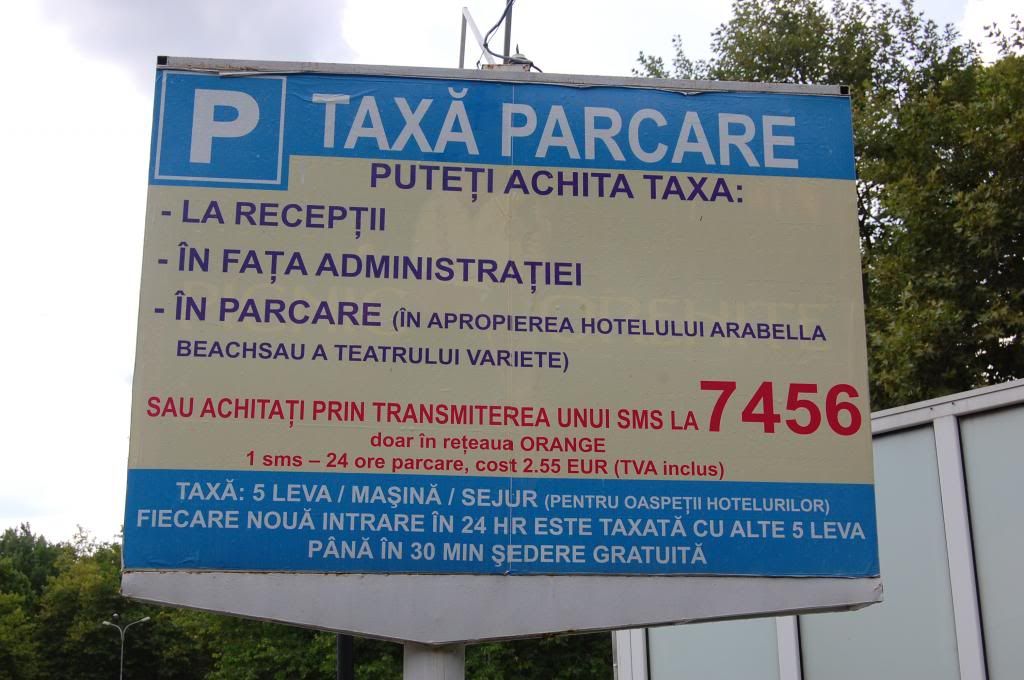 |
| Albena: signs entirely in Romanian in one part of the resort |
Our one proper exploration of Albena ended with a stop in something billed as a supermarket. But it was nothing of the sort. Instead, I was reminded of the stated-owned (or cooperative) shops in which I used to buy my groceries in Poland in the early 1990s. A hangover from the pre-1989 centrally planned economy. I remember them well. The goods were kept behind counters staffed by variously indifferent or slightly hostile ladies. Choices were limited and, at busy times, queues grew restless and impatient. It was a very good way to accelerate my learning of basic vocabulary and transactional language. I was briefly transported back in time to those long-ago shopping experiences on entering Albena's so-called supermarket, so similar was the appearance and atmosphere of the shop. Nothing upmarket about it.
Nowhere in Albena, in fact, did the eye rest on anything one might reasonably describe as upmarket. I wandered into a hotel lobby to use the ATM there. The place looked clean and reasonably well-kept. But upmarket? No.
The budget look and feel of everything was pervasive - from the slightly run-down condition of pavements, fences, benches and the like to the extreme shabbiness of a small Luna Park area offering tired-looking dodgems, roundabouts and fairground games.
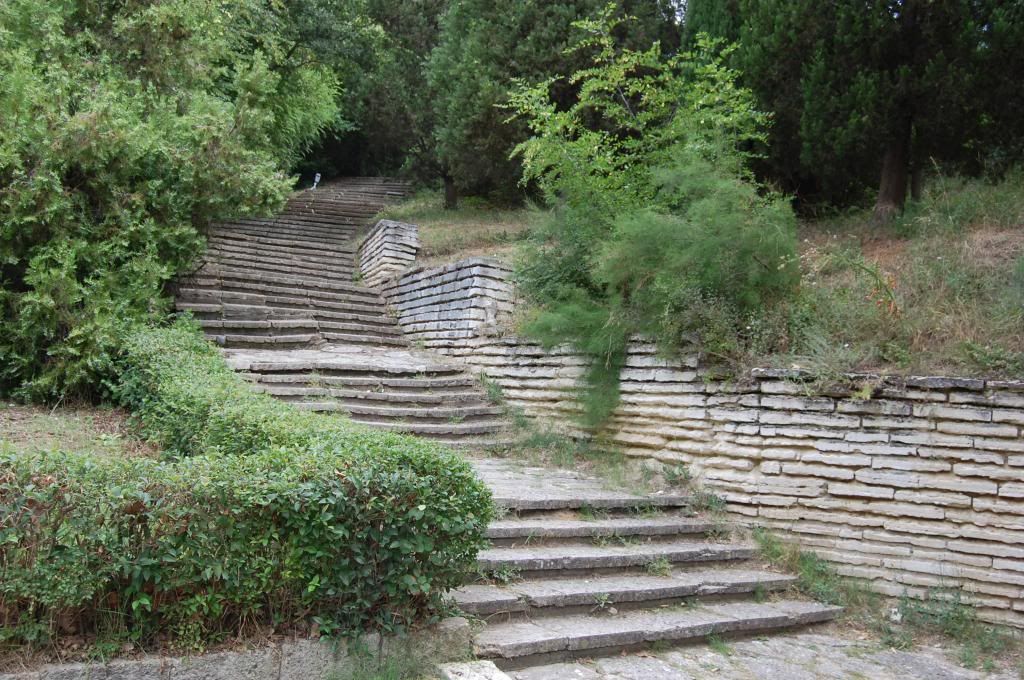 |
| Albena's paths: cracked and weedy |
Along with roller coasters and their ilk, our son maintains a special place in his affections for mini-golf and crazy golf. So we sampled both courses on offer in Albena. Not to put too fine a point on it, both of them were shit. The first one we tried was comically bad. The greens were made of thin pieces of metal and were almost all unplayable. Very weird indeed. On the upside, I really enjoyed the Balkan folk music booming from the little hut where the clubs were handed out. I do dig that kind of thing.
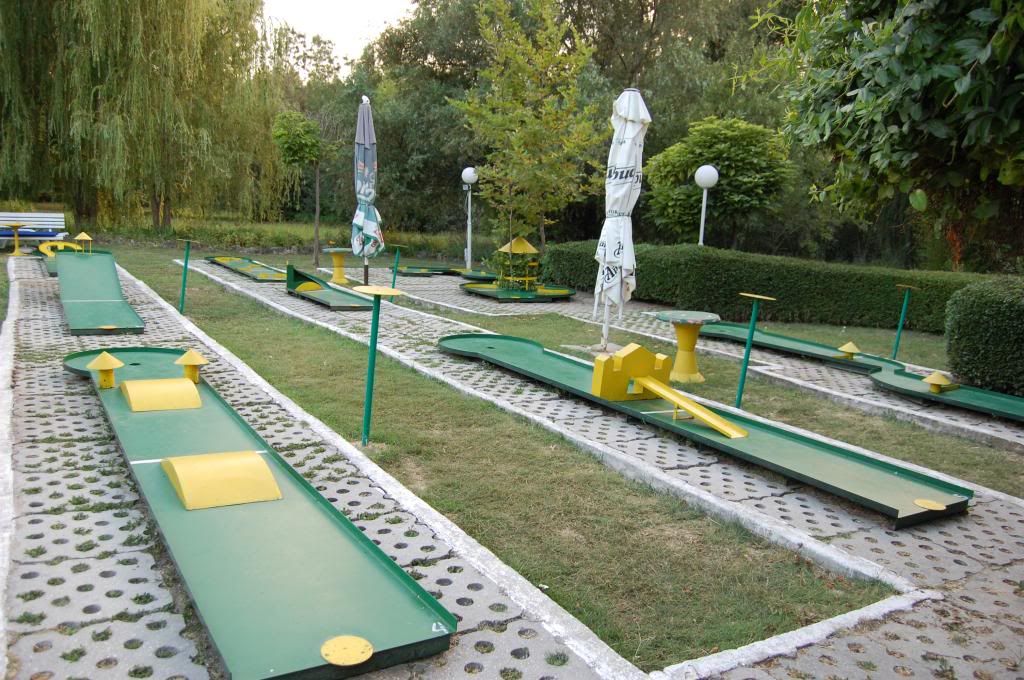 |
| Mini-golf, Albena style |
Almost twenty years ago, I spent ten months living on the edge of Osiedle Świętokrzyskie, a vast housing estate on the north-eastern fringe of Kielce, a middle-sized Polish city. While I know that conditions there have improved for many people in the years since I last saw the place, I understand that the standard of living for many more of my former neighbours remains well below what we are used to here in the UK. As I walked around Albena in the sunshine, I found myself thinking that the place would seem like a very attractive holiday destination for many of Kielce's residents. No sooner had that thought popped into my head than I saw evidence of Kielce folk having visited - a sticker bearing the name of Kielce's main professional football club. I also thought a little about Lovech, the seemingly waning Bulgarian city which we had visited on our way from Sofia to the Black Sea coast. Lovech, too, I thought, must be home to many people for whom a week or fortnight in Albena must seem like a very welcome prospect.
No complaints, then, about Albena. It is what it is. Long may it continue to offer what it does to those who enjoy the place. But that Thomas Cook guidebook? That really is a piece of crap. Its description of Albena is so inaccurate as to beg the question of how the hell it was written. My money is on a copy and paste job from something issued by Bulgaria's state tourism authorities. Given that our Thomas Cook pocket-sized Sofia city guide also contained some strikingly poor descriptions of major sights in the capital, I would urge all readers to treat that company's guidebooks with extreme scepticism.
 |
| Evidence of Korona pany at large in Albena |
Wednesday, July 31, 2013
Feeling happy?
Remember Happy Eater? Presumably inspired by America's roadside diners, these dismal boxes of bad food were littered around Britain's motorways and A-roads between 1973 and 1997, when they were gobbled up by the corpulent and equally nasty Little Chef. The Happy Eater logo, you may recall, resembled a bulimic Pac-Man, managing to grin gamely while attempting to purge the ersatz "Real American" hamburgers that been dropped onto the kitchen floor in order to separate them from the frozen multi-patty clumps in which they were stored before being "griddled to order". Eating on the road in the UK is now stupidly expensive, but the recent emergence of mini-supermarkets at motorway service stations and the evolution of the pre-packed sandwich are moving the experience towards tolerability. But in their heyday, Britain's two major highway dining chains exerted a baleful influence. If hunger struck, there were often only two choices: massively extend your journey time by leaving the motorway to seek decent fare in some town centre, or endure the entirely depressing ambiance of the Little Chef or Happy Eater.
But why would memories of Happy Eater come to mind while holidaying in Bulgaria? The answer comes in the form of this country's very own burgeoning chain of "casual" restaurants. As well as having a go at livening up the dining scene in the downtown areas and new retail parks of Bulgaria's larger cities, this expanding food empire (they're getting into franchising soon and are looking to grow across the Balkans and even into Russia and Ukraine) owns outlets arranged along the country's highways. As we were drawing closer to the Black Sea coast on Saturday afternoon, we stopped at one by the side of the E772 and close to the village of Kyosevtsi. Hunger had definitely struck, thirst was also an issue, and we hadn't seen anywhere else to grab a bite for quite a few miles. Having spotted other branches along the often narrow and often bumpy roads which pass for major routes in Bulgaria, I wasn't really keen. The chain rejoices in the name Happy Bar & Grill, which, along with its presence by the country's main roads, was what evoked memories of the late, unlamented Happy Eater chain.
As we clambered out of the car on a sweltering afternoon, I asked myself why anyone ever risks including the word "happy" when naming a consumer brand. Surely a case of setting the bar too high when it comes to customer satisfaction? Happy Eater must be the definitive case in point.
Putting these thoughts to one side, we went inside. Definitely a case of that wannabe US dining experience, I thought. Another contribution to the blanding and homogenisation of life under globalisation: sometimes quickly and sometimes slowly ironing out the millions of local differences that make it interesting to travel around the world. But the simple fare (local variations on the burger and chicken nugget themes, really) was edible and served up with the swiftness you'd like when wanting not to take too long a break from your journey. However, while the beer (my other half was driving) was nicely cold, I can't say the food or anything else about the place made me happy. Happiness is elusive, isn't it? I'm not sure we all agree on what it is. Is it found in those short bursts of joy which brighten the day and remain in the memory? Or is it more to do with long stretches of contentment about one's lot in life? Or is it both? Or do the answers to these questions vary enormously across cultures and personality types? Fucked if I know. But I feel sure that eating an inexpensive burger in a nicely air-conditioned building with free WiFi, while alright in itself, is not an experience from which genuine happiness can be derived.
I was also struck by the demeanour of the efficient waitresses working there. Simply put, these girls did not look happy. Nothing like happy. Perhaps not actually completely miserable. But not happy. Bright eyes and dazzling smiles were definitely not in evidence. I don't know if the wages are bad or if tips are generally not forthcoming (I tipped, by the way), but every face spoke of some lack of joy. If I were to guess at the source of melancholy among the waiting staff at the Kyosevtsi branch of Happy Bar & Grill, the uniforms would be my hunch. I think it's pretty rough on those girls that they are asked to wear what can't even really be described as miniskirts. Pelmet would be more like it. It must be reasonably unnerving to think that bending for a dropped fork would involve showing your underwear to a roomful of diners. Maybe it gives some customers a little thrill, but is it really cool in a place most of whose patrons (in the summer, at least) seem to be folks with their kids on the way to the seaside? Sort it out, Happy Bar & Grill. The little skirts might be contributing to the gap between the implicit claims in your brand name and the looks on the faces of your perfectly efficient and polite staff. It was better than the fucking Happy Eater, though.
But why would memories of Happy Eater come to mind while holidaying in Bulgaria? The answer comes in the form of this country's very own burgeoning chain of "casual" restaurants. As well as having a go at livening up the dining scene in the downtown areas and new retail parks of Bulgaria's larger cities, this expanding food empire (they're getting into franchising soon and are looking to grow across the Balkans and even into Russia and Ukraine) owns outlets arranged along the country's highways. As we were drawing closer to the Black Sea coast on Saturday afternoon, we stopped at one by the side of the E772 and close to the village of Kyosevtsi. Hunger had definitely struck, thirst was also an issue, and we hadn't seen anywhere else to grab a bite for quite a few miles. Having spotted other branches along the often narrow and often bumpy roads which pass for major routes in Bulgaria, I wasn't really keen. The chain rejoices in the name Happy Bar & Grill, which, along with its presence by the country's main roads, was what evoked memories of the late, unlamented Happy Eater chain.
As we clambered out of the car on a sweltering afternoon, I asked myself why anyone ever risks including the word "happy" when naming a consumer brand. Surely a case of setting the bar too high when it comes to customer satisfaction? Happy Eater must be the definitive case in point.
Putting these thoughts to one side, we went inside. Definitely a case of that wannabe US dining experience, I thought. Another contribution to the blanding and homogenisation of life under globalisation: sometimes quickly and sometimes slowly ironing out the millions of local differences that make it interesting to travel around the world. But the simple fare (local variations on the burger and chicken nugget themes, really) was edible and served up with the swiftness you'd like when wanting not to take too long a break from your journey. However, while the beer (my other half was driving) was nicely cold, I can't say the food or anything else about the place made me happy. Happiness is elusive, isn't it? I'm not sure we all agree on what it is. Is it found in those short bursts of joy which brighten the day and remain in the memory? Or is it more to do with long stretches of contentment about one's lot in life? Or is it both? Or do the answers to these questions vary enormously across cultures and personality types? Fucked if I know. But I feel sure that eating an inexpensive burger in a nicely air-conditioned building with free WiFi, while alright in itself, is not an experience from which genuine happiness can be derived.
I was also struck by the demeanour of the efficient waitresses working there. Simply put, these girls did not look happy. Nothing like happy. Perhaps not actually completely miserable. But not happy. Bright eyes and dazzling smiles were definitely not in evidence. I don't know if the wages are bad or if tips are generally not forthcoming (I tipped, by the way), but every face spoke of some lack of joy. If I were to guess at the source of melancholy among the waiting staff at the Kyosevtsi branch of Happy Bar & Grill, the uniforms would be my hunch. I think it's pretty rough on those girls that they are asked to wear what can't even really be described as miniskirts. Pelmet would be more like it. It must be reasonably unnerving to think that bending for a dropped fork would involve showing your underwear to a roomful of diners. Maybe it gives some customers a little thrill, but is it really cool in a place most of whose patrons (in the summer, at least) seem to be folks with their kids on the way to the seaside? Sort it out, Happy Bar & Grill. The little skirts might be contributing to the gap between the implicit claims in your brand name and the looks on the faces of your perfectly efficient and polite staff. It was better than the fucking Happy Eater, though.
Monday, July 29, 2013
A pause for thought in Lovech
Having explored the monuments and other sights of Sofia, and having been surprised by the omnipresent street art and graffiti in the Bulgarian capital (all while being fairly clueless about the anti-government protests rumbling on during our brief stay), on Friday morning it was time to begin a gently paced journey to the villa which we've rented on the Black Sea coast.
Why take a holiday in Bulgaria of all places?
The broad Central and Eastern Europe region (take that to mean the former communist states of Europe) has been close to my heart for almost twenty years now. So I was keen to find time not only to laze around a swimming pool but also to explore a bit of Bulgaria, one the CEE countries that I'd not previously managed to visit.
The broad Central and Eastern Europe region (take that to mean the former communist states of Europe) has been close to my heart for almost twenty years now. So I was keen to find time not only to laze around a swimming pool but also to explore a bit of Bulgaria, one the CEE countries that I'd not previously managed to visit.
My interest in the region began quite by chance when I was presented with a wholly unexpected employment opportunity that took me to a Polish city of which I had never heard prior to accepting a job there in September 1993. I expected to stay in Poland for just one year. But the people were hospitable, I made wonderful friends (some of whom I still see occasionally all these years later) and it was genuinely fascinating to get to know another country better than it is possible to do on a short holiday or business trip. So that one-year stay ended up being a four-year stay.
Since returning to the UK from my stint in Poland, I have sometimes managed to find ways of making a living from my interest in the CEE region. Simply put, my time in Poland, as well as equipping me with some understanding of opportunities presented by the ways in which the region's economies were developing, had imbued me with an ability to be perceived as somehow more than averagely simpatico when speaking with people from that part of Europe. In a couple of different jobs, I would often find I was in a race with one or more competitor based, like me, in London and seeking to take advantage of the same CEE region opportunity I was working on. In every case, I appeared to find it a bit easier to open the right doors. I remain convinced that the key factor at play was the feel for life in the region which I had gained from living right at its heart. This is not meant to imply that I believe the region to be culturally homogeneous. Far from it, in fact. Rather, while the peoples of these countries do have some shared memories of living with communist systems, I have found the differences between them as interesting as the things they have in common.
How the west sees the east?
I recoil a bit, then, whenever I hear anyone from western Europe or North America generalising about "East Europeans" - especially when the generalisations are by way of making some uncomplimentary point. I am thinking here about certain observations which can be made when some British people discuss recent immigration to the UK. But that is by no means the worst of it. For example, I have occasionally overheard British or American men referring to the young women of either some particular CEE country or of the region as a whole, sketching a crude characterisation of disadvantaged and therefore easily exploitable objects for the lust of anyone shopping for sex. For anybody who thinks in those terms and especially for anyone capable of seeing something funny in this kind of idea, I would recommend a viewing of Lilya 4-ever, a harrowing film directed by Lukas Moodyson which examines the issues of human trafficking and sexual slavery, as seen through the eyes of a teenage girl from an unnamed former Soviet republic. If this movie failed to disabuse our imagined viewer of his squalid ideas, I would draw a very unfavourable inference about his capacity for human decency. What, then, of anyone who found Moodyson's film in any way titillating? Well, I don't want to meet that person.
I have no idea to what extent the notion of the exploitable East European is a widely held view in western Europe or how many people think it acceptable to try to take advantage of it. But I know that this idea is not only about a cheap leg-over on a stag weekend or the supposed availability of young brides for middle-aged men from more affluent parts of the world. As I write this, I am reminded of a particularly unpleasant remark that was once made in my presence in the kitchen of a large, comfortable house in London to which my wife and I were invited for lunch. Our hostess that day was the person who made the remark I am thinking about now. Before having children she had pursued a fairly lucrative career in financial services. Her partner continues to work in that field. In common with many of London's richer residents, she uses the services of full-time helpers whose role involves performing many of the more menial and demanding tasks that most parents do for themselves when bringing up kids. She was comparing the merits of employing British versus East European women in this context. "I always prefer to have an East European girl," our hostess opined. "They're cheaper, more grateful for the job and easier to get rid of if things don't work out."
I am not interested in disputing the truth of this comment. Sadly, it's almost certainly factually accurate. But I was struck by the lack of feeling for a fellow human being that seemed to be exemplified by our hostess's words. Not only was she unashamedly open about seeing people primarily as a commodities, but she had also constructed a hierarchy of exploitability, with the degrees to which we can take advantage of another person's neediness arranged along an east-to-west cline.
Going off the beaten track
In the years that followed my return from Kraków, my work-related travels have taken me not only back to Poland (numerous times) but also to Russia, Hungary, Slovakia, the Czech Republic, Slovenia and Romania. As well as making these various trips, I am certain I have met at least one person from each of the other countries of the region, as well as from all of the former Soviet republics of Central Asia. While all of this was going on, I started to pick out further CEE countries as holiday destinations. So as well as coming over here to Bulgaria, I've also enjoyed breaks in Croatia and Montenegro. Every time, I've managed to see a bit more than the area immediately around my sun lounger. I know many people love to do nothing more than sunbathe, swim and take some refreshments on board and I don't mean to imply here that those kinds of holidays are in any way inferior to the ones I enjoy. Different people like different things, that's all. But I would get terribly restless were I to go no further than the beach or pool. I simply always get the urge to see a few old buildings, walk a few back streets, drive on a few back roads and attempt to get a feel for something beyond the usual tourist experience. It's extremely fortunate that my other half feels the same way about holidays.
How the west sees the east?
I recoil a bit, then, whenever I hear anyone from western Europe or North America generalising about "East Europeans" - especially when the generalisations are by way of making some uncomplimentary point. I am thinking here about certain observations which can be made when some British people discuss recent immigration to the UK. But that is by no means the worst of it. For example, I have occasionally overheard British or American men referring to the young women of either some particular CEE country or of the region as a whole, sketching a crude characterisation of disadvantaged and therefore easily exploitable objects for the lust of anyone shopping for sex. For anybody who thinks in those terms and especially for anyone capable of seeing something funny in this kind of idea, I would recommend a viewing of Lilya 4-ever, a harrowing film directed by Lukas Moodyson which examines the issues of human trafficking and sexual slavery, as seen through the eyes of a teenage girl from an unnamed former Soviet republic. If this movie failed to disabuse our imagined viewer of his squalid ideas, I would draw a very unfavourable inference about his capacity for human decency. What, then, of anyone who found Moodyson's film in any way titillating? Well, I don't want to meet that person.
I have no idea to what extent the notion of the exploitable East European is a widely held view in western Europe or how many people think it acceptable to try to take advantage of it. But I know that this idea is not only about a cheap leg-over on a stag weekend or the supposed availability of young brides for middle-aged men from more affluent parts of the world. As I write this, I am reminded of a particularly unpleasant remark that was once made in my presence in the kitchen of a large, comfortable house in London to which my wife and I were invited for lunch. Our hostess that day was the person who made the remark I am thinking about now. Before having children she had pursued a fairly lucrative career in financial services. Her partner continues to work in that field. In common with many of London's richer residents, she uses the services of full-time helpers whose role involves performing many of the more menial and demanding tasks that most parents do for themselves when bringing up kids. She was comparing the merits of employing British versus East European women in this context. "I always prefer to have an East European girl," our hostess opined. "They're cheaper, more grateful for the job and easier to get rid of if things don't work out."
I am not interested in disputing the truth of this comment. Sadly, it's almost certainly factually accurate. But I was struck by the lack of feeling for a fellow human being that seemed to be exemplified by our hostess's words. Not only was she unashamedly open about seeing people primarily as a commodities, but she had also constructed a hierarchy of exploitability, with the degrees to which we can take advantage of another person's neediness arranged along an east-to-west cline.
Going off the beaten track
In the years that followed my return from Kraków, my work-related travels have taken me not only back to Poland (numerous times) but also to Russia, Hungary, Slovakia, the Czech Republic, Slovenia and Romania. As well as making these various trips, I am certain I have met at least one person from each of the other countries of the region, as well as from all of the former Soviet republics of Central Asia. While all of this was going on, I started to pick out further CEE countries as holiday destinations. So as well as coming over here to Bulgaria, I've also enjoyed breaks in Croatia and Montenegro. Every time, I've managed to see a bit more than the area immediately around my sun lounger. I know many people love to do nothing more than sunbathe, swim and take some refreshments on board and I don't mean to imply here that those kinds of holidays are in any way inferior to the ones I enjoy. Different people like different things, that's all. But I would get terribly restless were I to go no further than the beach or pool. I simply always get the urge to see a few old buildings, walk a few back streets, drive on a few back roads and attempt to get a feel for something beyond the usual tourist experience. It's extremely fortunate that my other half feels the same way about holidays.
The plan here, then, was to spend a couple of days getting to know the capital city and then to drive across the country, making an overnight stop along the way. Those previous trips to Montenegro and to Croatia's northernmost and southernmost regions have taught us that driving conditions can be a bit unpredictable. In the same country, it's possible to find both areas in which the roads are wide, well-kept and adequately signposted and areas in which the way ahead is narrow, bumpy and hard to navigate. With this in mind, we opted not to set ourselves an ambitious task on the first day of getting used to driving in Bulgaria. So, selecting a place to stay mainly on the basis of being rather less than halfway between Sofia and our eventual destination, we ended up booking a hotel in Lovech. Of this small city, we knew almost nothing. The sum total of my knowledge of Lovech was the existence of its football team, whose exploits in European competitions were something of which I was vaguely aware.
Lovech, the guidebooks tell us, has a long and eventful history behind it. Inhabited by Thracians around six thousand years ago, the town has since seen the arrival of Roman soldiers, the twelfth century signing of an important treaty between the Byzantine and Bulgarian empires and the fifteenth century occupation of Ottoman Turks. The most prominent figure in the Bulgaria's later struggle against Ottoman rule was Vasil Levski. Lovech was the centre of operations for the resistance movement led by Levski in the nineteen century. During that time, it seems, the town was among the wealthiest and busiest centres of trade in Bulgaria. But the impression we gained during our very short stay in Lovech was of somewhere whose prominence and prosperity seems to be on the wane.
That said, one fairly major employer does provide what I imagine to be, in the local context at least, reasonably well-paid jobs. The town is home to a vehicle assembly plant operated by Litex, a partner of the Chinese auto manufacturer Great Wall Motors. If, like me, you're a football fan and had heard of Lovech's professional team, you will recall that the word "Litex" forms part of its name. The club, founded in 1921 and originally known as Hisarya, has changed names many times during its history, adopting its present incarnation in 1996 when Litex supremo Grisha Ganchev took it over. Although now active in auto assembly, Ganchev's company started life in fuel importing and trading. On our travels this week, we have already filled the car once at a Litex petrol station. In Lovech, the Litex brand is pretty prominent. A mural depicting the vehicles to whose manufacture it contributes was one of the first things we saw on entering the town.
That said, one fairly major employer does provide what I imagine to be, in the local context at least, reasonably well-paid jobs. The town is home to a vehicle assembly plant operated by Litex, a partner of the Chinese auto manufacturer Great Wall Motors. If, like me, you're a football fan and had heard of Lovech's professional team, you will recall that the word "Litex" forms part of its name. The club, founded in 1921 and originally known as Hisarya, has changed names many times during its history, adopting its present incarnation in 1996 when Litex supremo Grisha Ganchev took it over. Although now active in auto assembly, Ganchev's company started life in fuel importing and trading. On our travels this week, we have already filled the car once at a Litex petrol station. In Lovech, the Litex brand is pretty prominent. A mural depicting the vehicles to whose manufacture it contributes was one of the first things we saw on entering the town.
Lovech: strangely familiar
As we pressed on into the town centre, I felt an odd sense of familiarity. Because while Lovech is surrounded by a very different landscape and is laid out somewhat differently, I was immediately reminded of Kielce, the Polish city in which I found myself almost twenty years ago. I only spent ten months living there, going on to spend the majority of my time in Poland living in the rather livelier Kraków. But when in Kraków I had reasons to revisit Kielce on numerous occasions. So at one point I could claim to know the city fairly well. That said, my last trip there must have been some time in 1996, so I expect it has changed a great deal and I am aware that I am comparing the Lovech of today with the Kielce of about seventeen years ago. Maybe that says something about the lower base from which the Bulgarian post-communist economy has developed versus the Polish experience. But whatever the reasons, and however shaky a proper comparison might prove, the visible similarities were striking for me - a down-at-heel, sleepy town centre lacking the familiar retail brands that we know across the somewhat homogenised western European commercial landscape; a pretty extreme state of dilapidation of the infrastructure, as evidenced by terribly pitted road surfaces and run down public buildings; a ring of cramped and dilapidated public housing just outside the central business district.
In Sofia we had seen graffiti remarkable not only for its quantity but for the size, complexity and colour of many of the pieces. Work of that nature was generally not in evidence in Lovech, but the walls were smeared very liberally with marks that suggested that some of the town's younger people may exist in a state of nihilistic boredom: as well as countless simple graffiti tags, we saw white power symbols, swastikas, crudely drawn genitalia and references to football hooliganism.
Don't take these remarks about the look and feel of Lovech to be by way of condemnation. My experience of living in Kielce started to teach me that wonderful people with interesting lives can be found in the visually unprepossessing and less well-known towns and cities of Central and Eastern Europe. If you ever visit Poland as a tourist, I'll wager that Kraków will be on your itinerary and that Kielce (or other middle-sized Polish cities like it) will not. But I had a good time in both and I suspect that the younger, more adventurous version of myself would have found a way of enjoying life in Lovech had I ended up working there instead of in Kielce.
Another similarity between the Lovech of today and the Kielce of my memories was the evidence, in both places, of decades of communist-era town planning. In addition to the preponderance of public housing blocks, parts of the town centre reminded me of parts of downtown Kielce. I think anyone who has visited a number of CEE countries and has had the opportunity to look around beyond the castles and cathedrals of their capital cities will have started to build a mental map of what public spaces looked like behind the Iron Curtain. In this respect, I found that Lovech largely conformed with the personal schema for a CEE town that I began to develop when wandering around the centre of Kielce twenty years ago.
That said, one difference did stand out. In Lovech today, kiosks selling magazines, cigarettes, confectionery and so on seem to be thin on the ground. In the 1990s, in every Polish town I visited, both large and small, such kiosks were in plentiful supply. In Kielce I learned some important basic vocabulary by shouting through the tiny grille of one particular kiosk, trying to make myself heard above the noise of trucks and buses and above the howling of the wind blowing in from the Świętokrzyskie mountains. On Monday mornings, I would buy a copy of Gazeta Wyborcza at that kiosk and scan the small print of the sports pages for QPR's score from the weekend. Living abroad in the pre-internet and pre-mobile phone age, folks. News from home was a scarce and precious commodity.
Later, travelling to other parts of Central and Eastern Europe, I could see that the humble kiosk remained a staple feature of the retail scene all over the region. But perhaps even in a place as sleepy-looking as Lovech, where the independent shopkeeper does not yet seem to have been blasted out of the water by well-capitalised chain stores from Germany or France, the kiosk has had its day. The Wikipedia entry for the town refers to a steady flight from Lovech to a more favourable job market in Sofia. Maybe the conditions have just become too tough for many of the hard-working independent retail pioneers who built nice little businesses when Bulgaria began its transition away from a centrally planned economic system. Hence the abandoned, sad-looking husks of kiosks we saw dotted about the place.
If you do find yourself in Lovech...
Should anyone responsible for the development of tourism in Lovech read this article, I guess I won't be thanked for my description of the town. So I should restate the fact that what's presented here is only drawn from a very brief visit. Those passing through but with more time to spare would doubtless find something of interest in the various museums dedicated to preserving and presenting the town's rich history, not least the period during which Levski was at large in the area. A large and appealing park with a zoological garden can also, apparently, be found close to the town.
If, then, your travels do ever take you to Lovech, we can, without hesitation, recommend a truly excellent place to stay. The Family Hotel Varosha 2003 is real little gem. With just eleven comfortable, clean, rustically furnished rooms overlooking the River Osam, this is one of the most delightful places I've ever stayed. Everyone working there was incredibly welcoming. We splurged on a suite of two bedrooms, a kitchenette and a bathroom (with very fancy jacuzzi!) for just €70 (in advance, via a hotel booking website). Both bedrooms were air conditioned (the Bulgarian summer is stifling) and we had a neat little balcony overlooking the courtyard restaurant where you take breakfast. Do also have dinner there. The cooking was excellent and the place seems to be extremely popular with locals as well as with the handful of foreign guests staying in the hotel.
Finally, Lovech is reached by driving through very striking countryside - heavily wooded mountain ridges interspersed with welcoming-looking valleys. But do be warned: the roads leading to the town are, in places, in VERY poor condition. It's a bumpy ride and I wouldn't fancy it in bad weather.
For me, though, Lovech offered not only a gem of a family-owned hotel in which to break our journey across the country, but also pause for thought about the varying paces of change across the states formerly behind the Iron Curtain.
Subscribe to:
Posts (Atom)





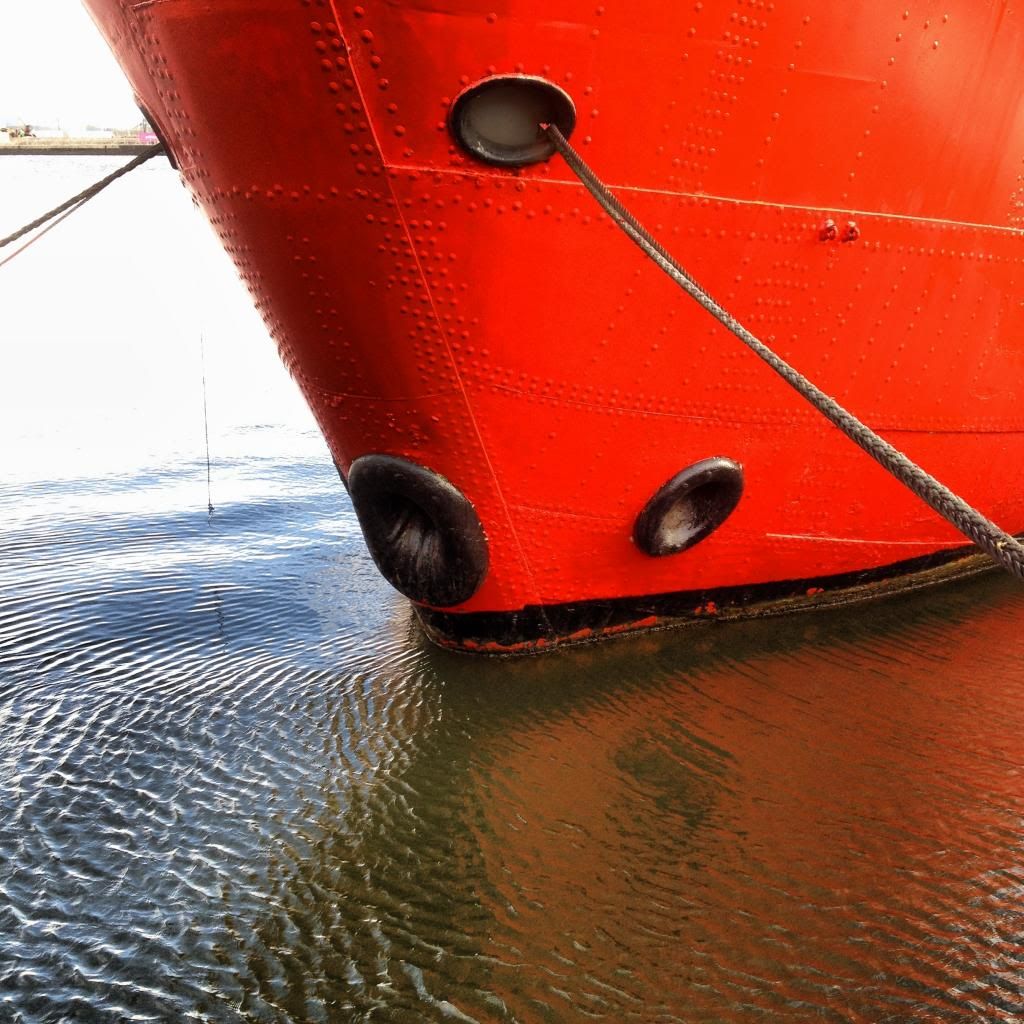

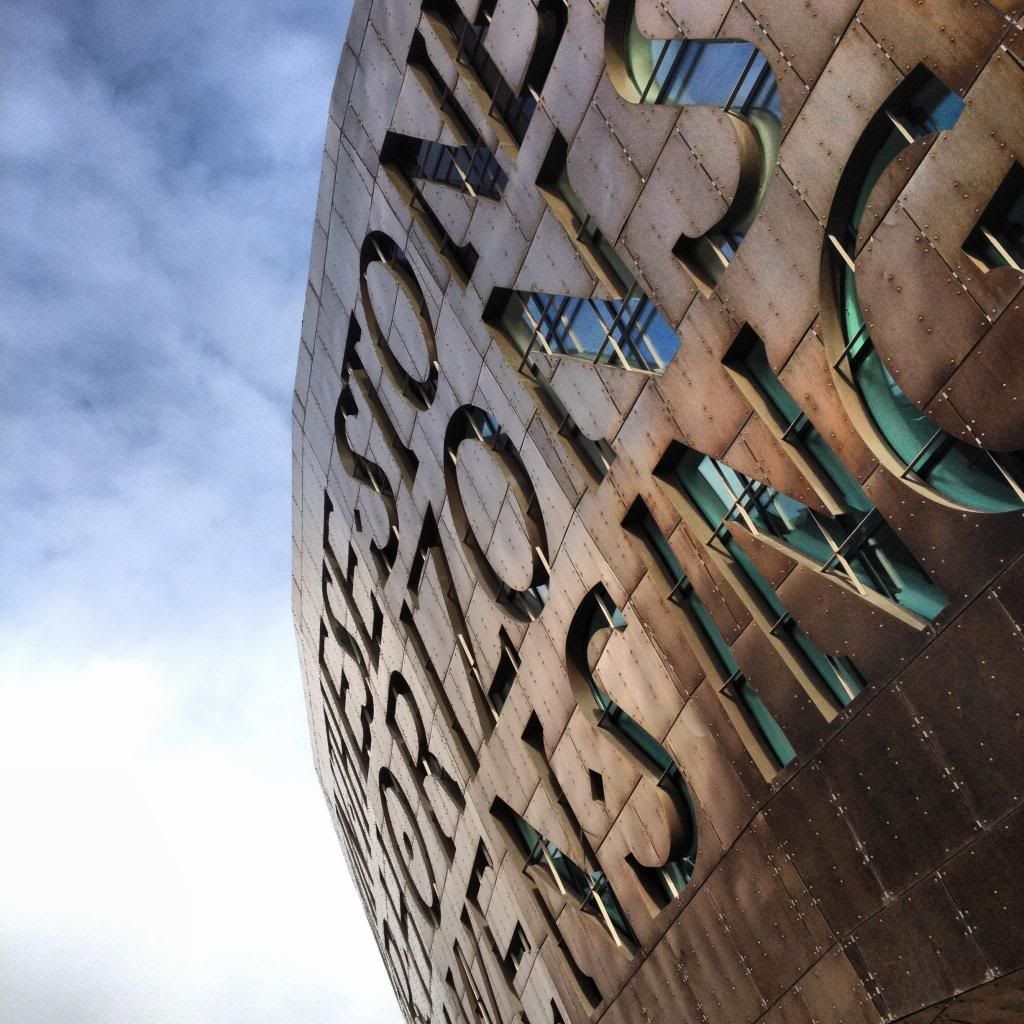
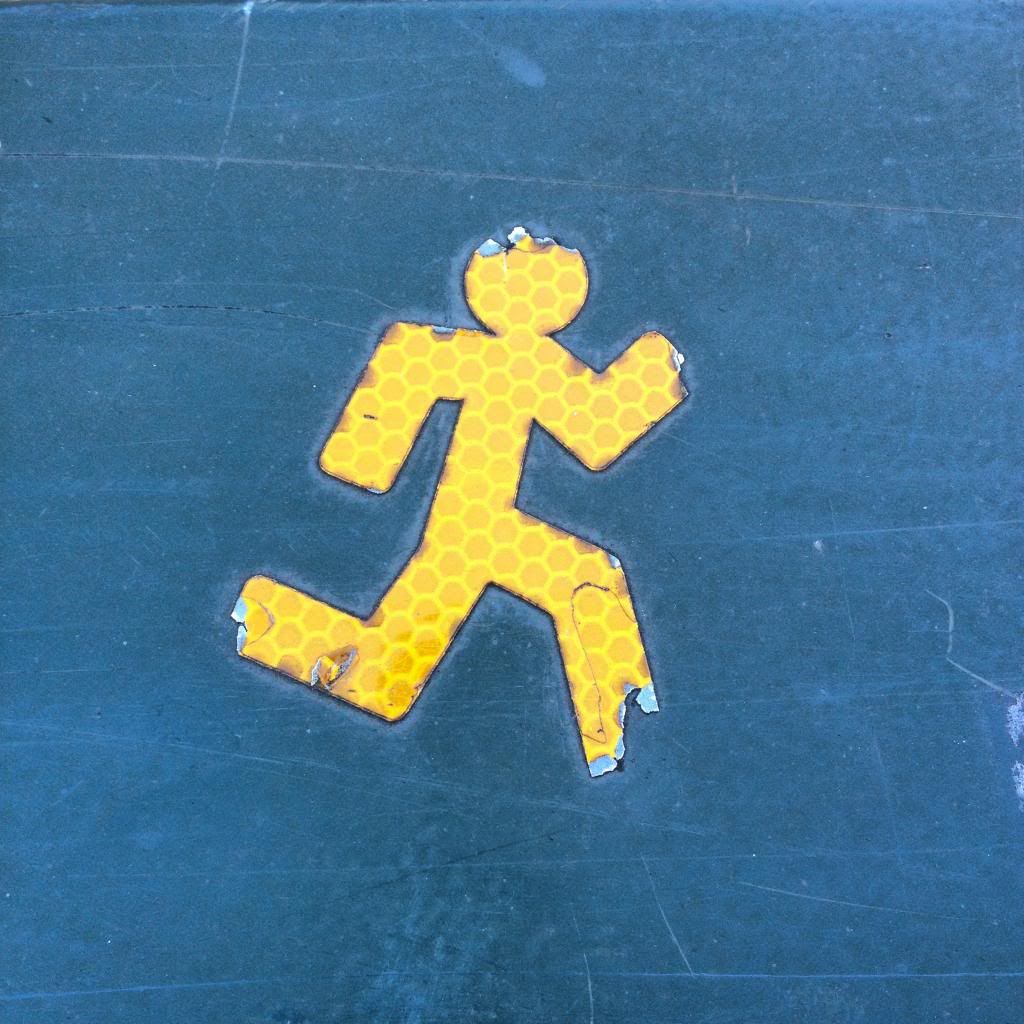

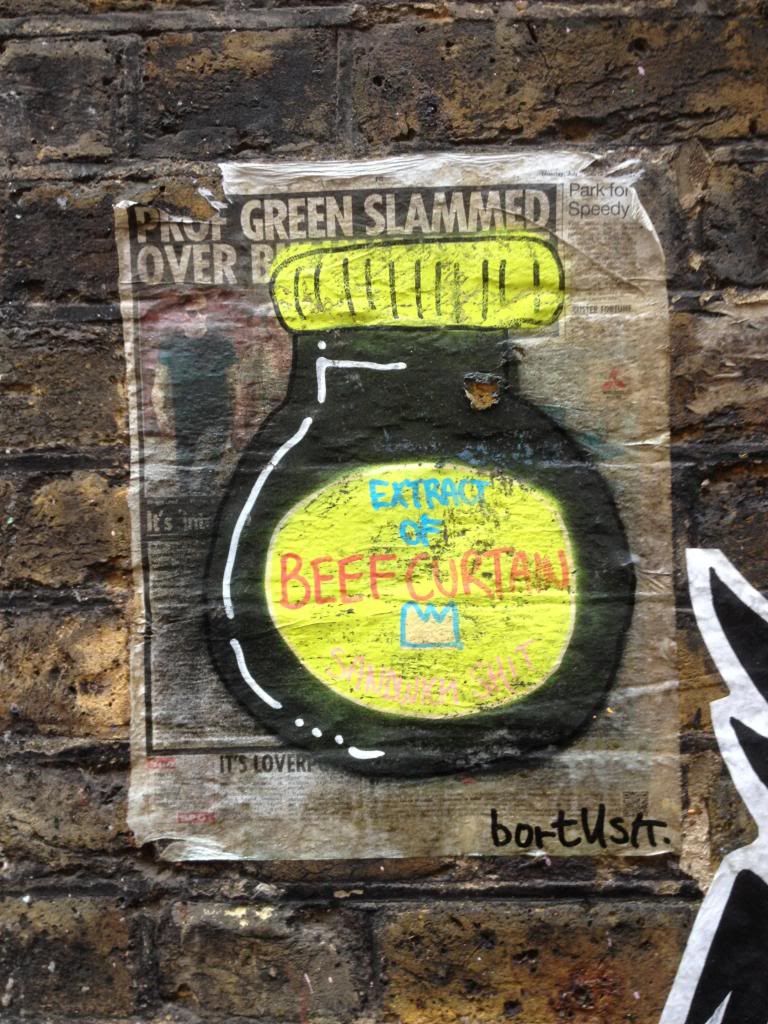



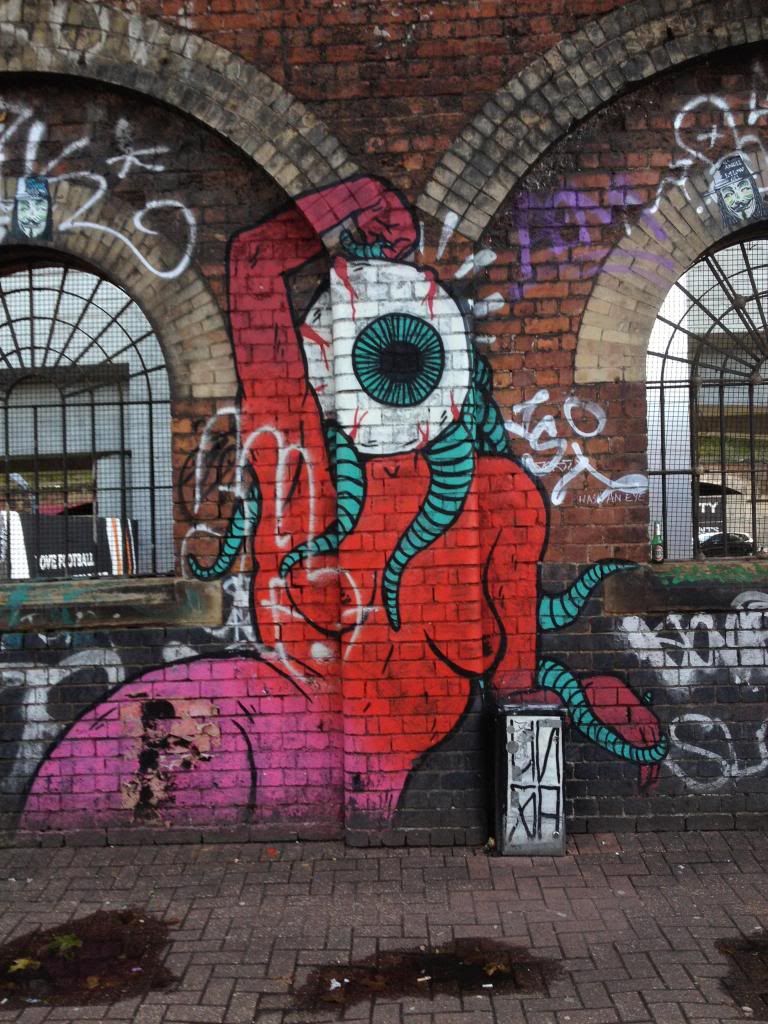


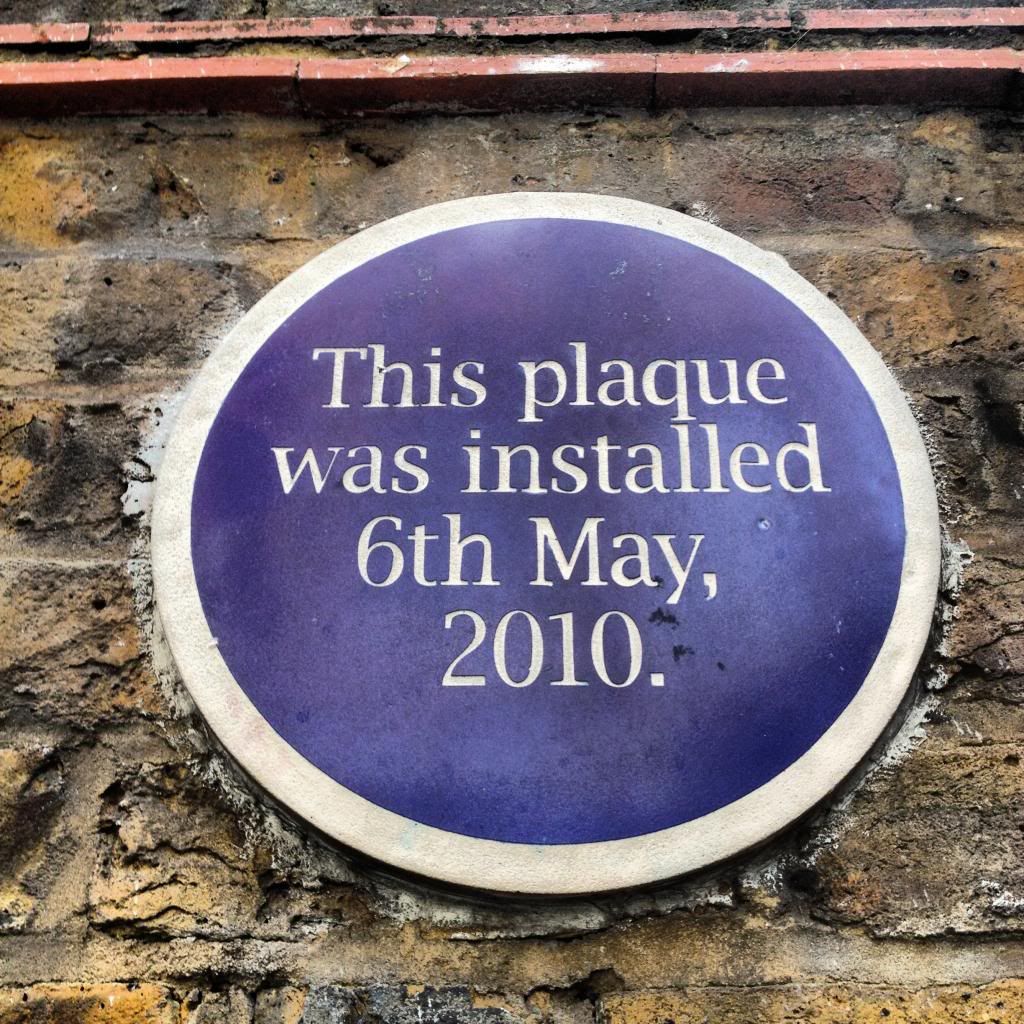
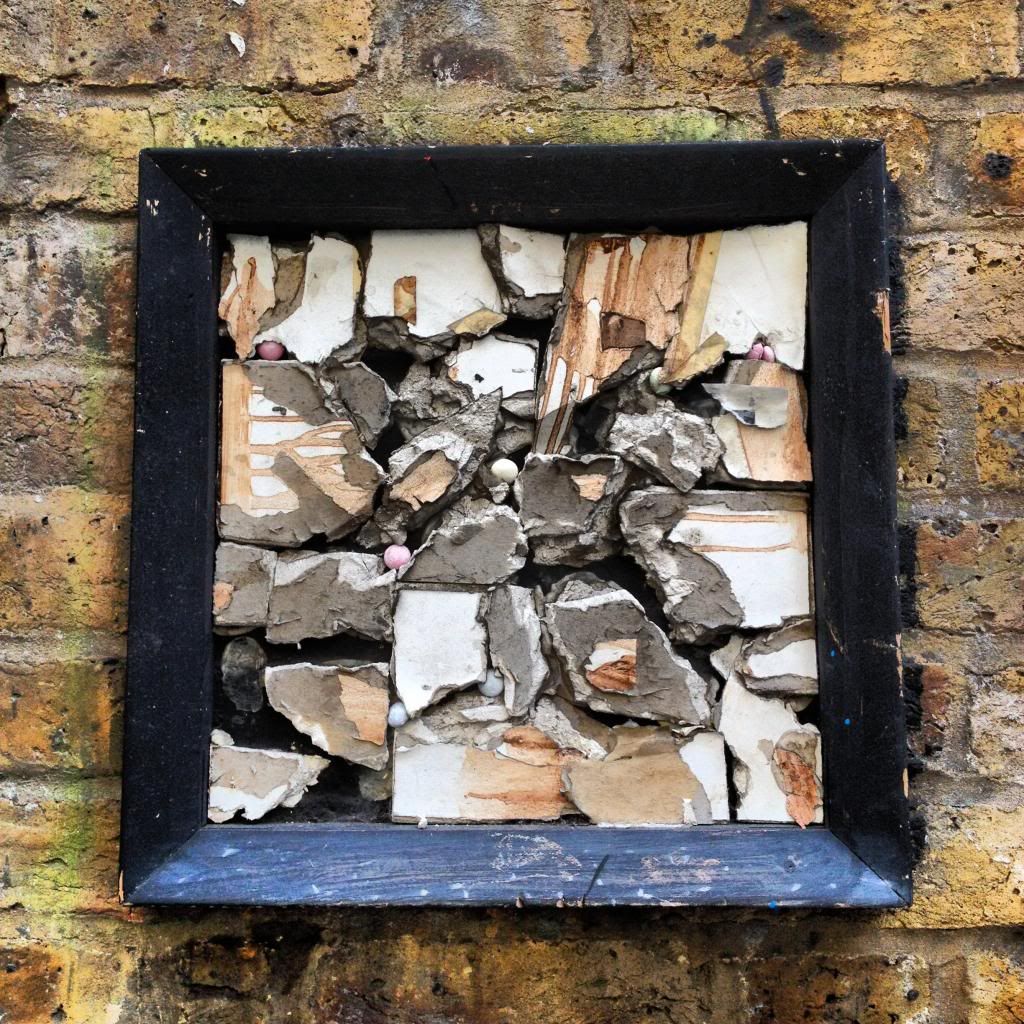

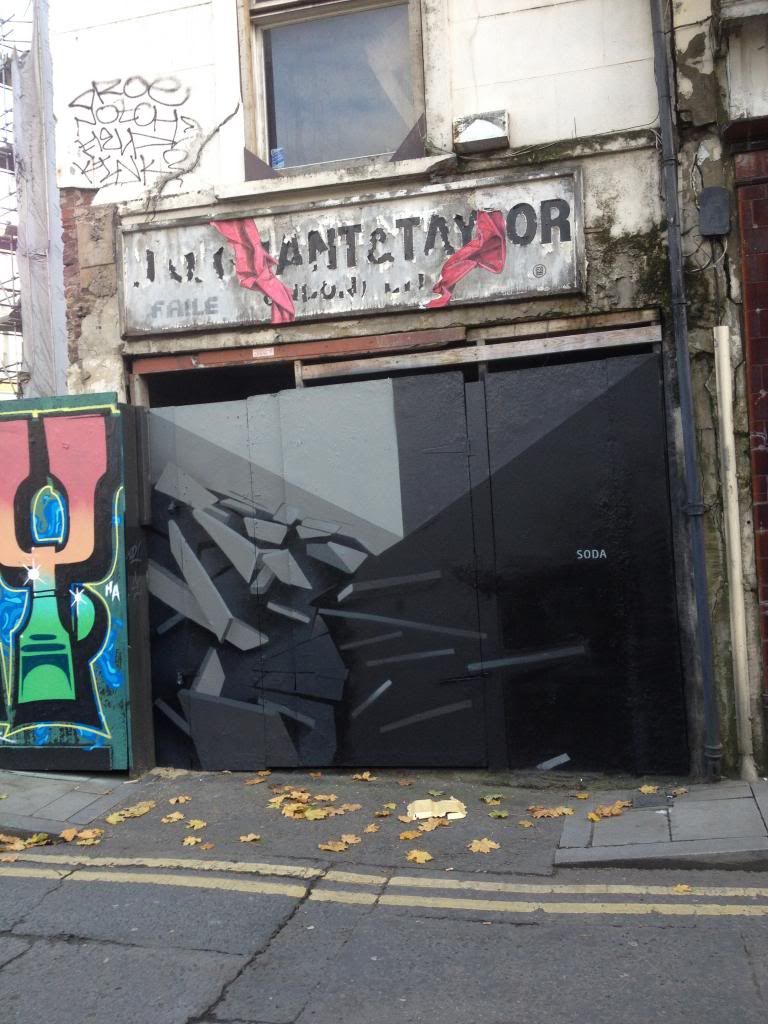
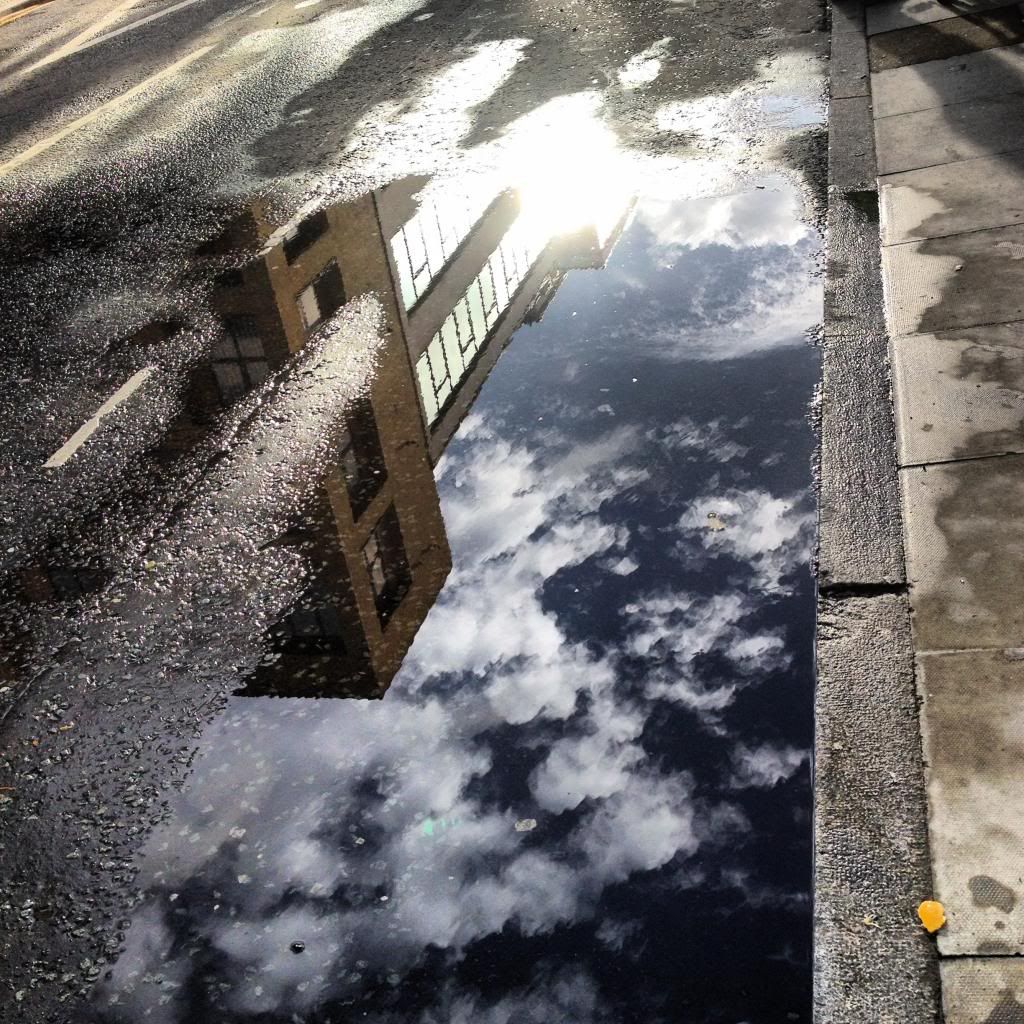
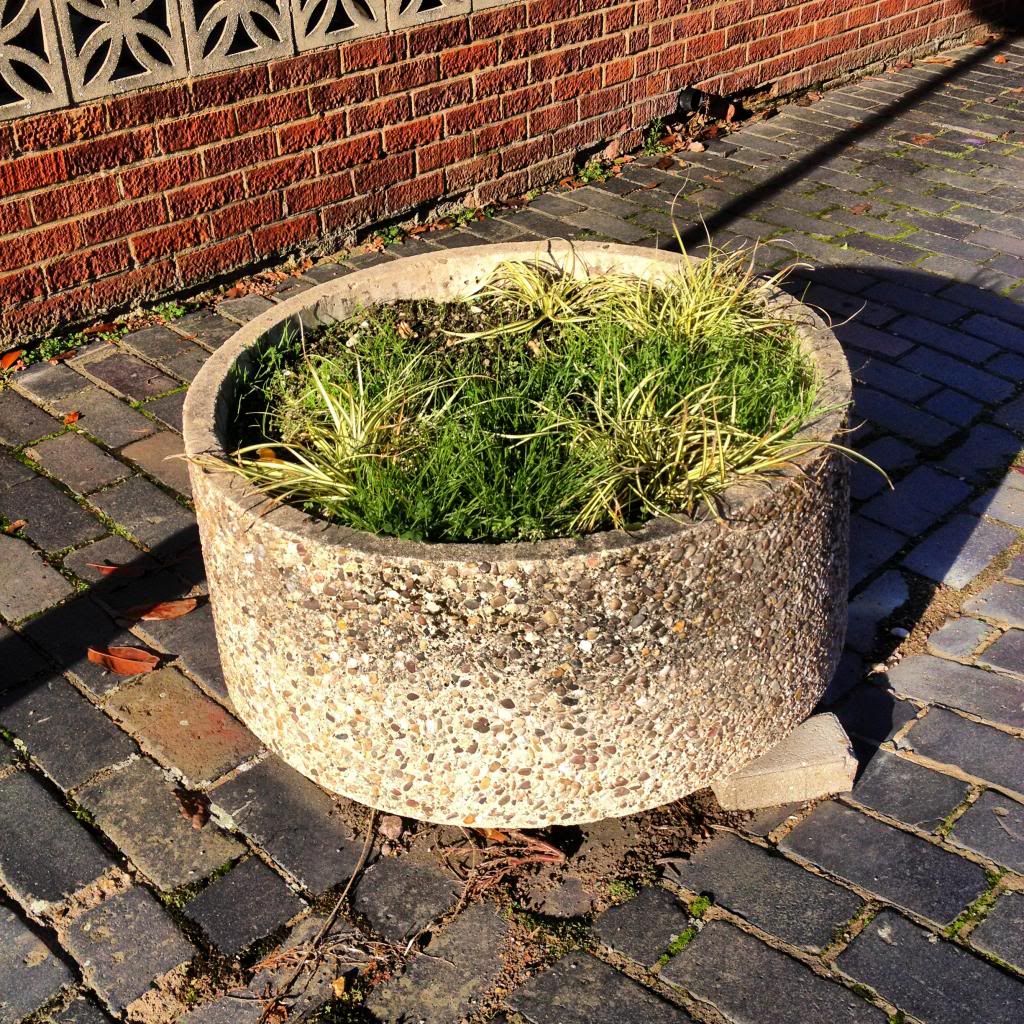
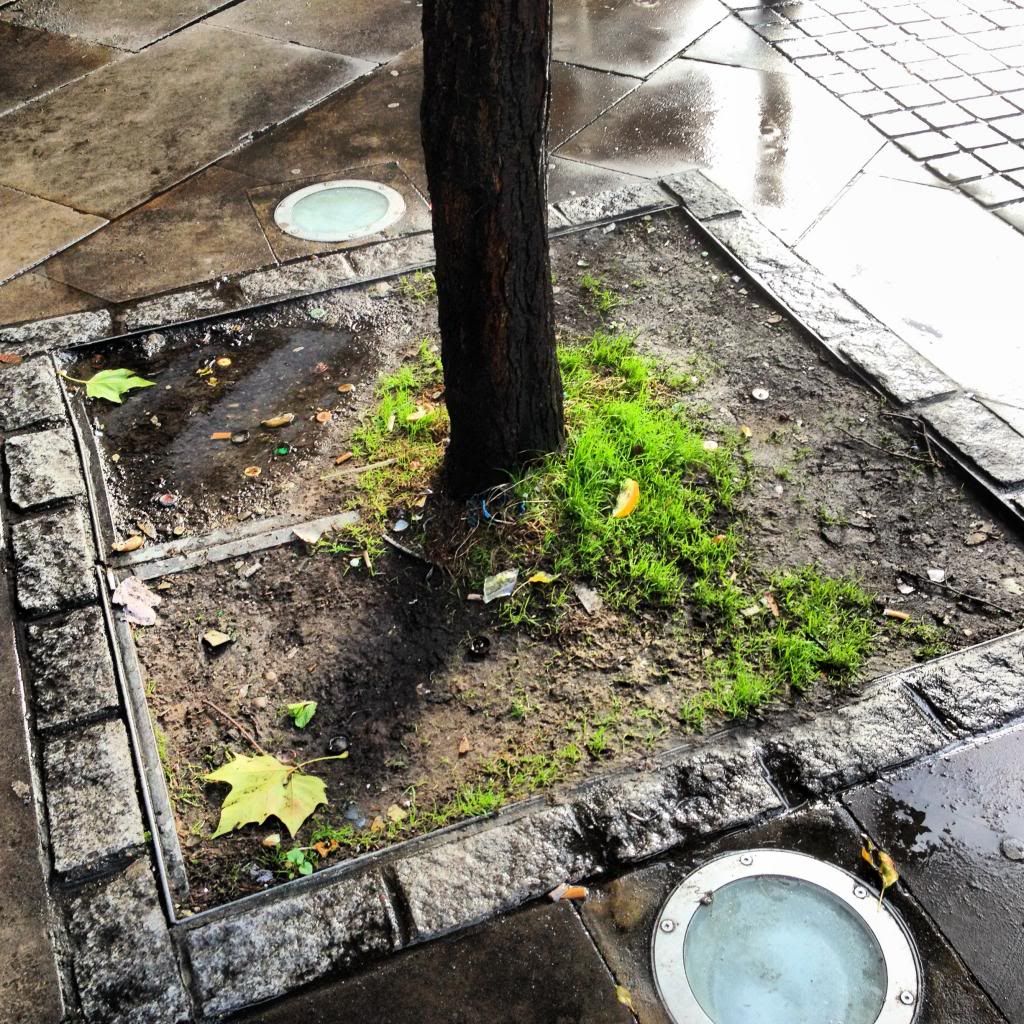
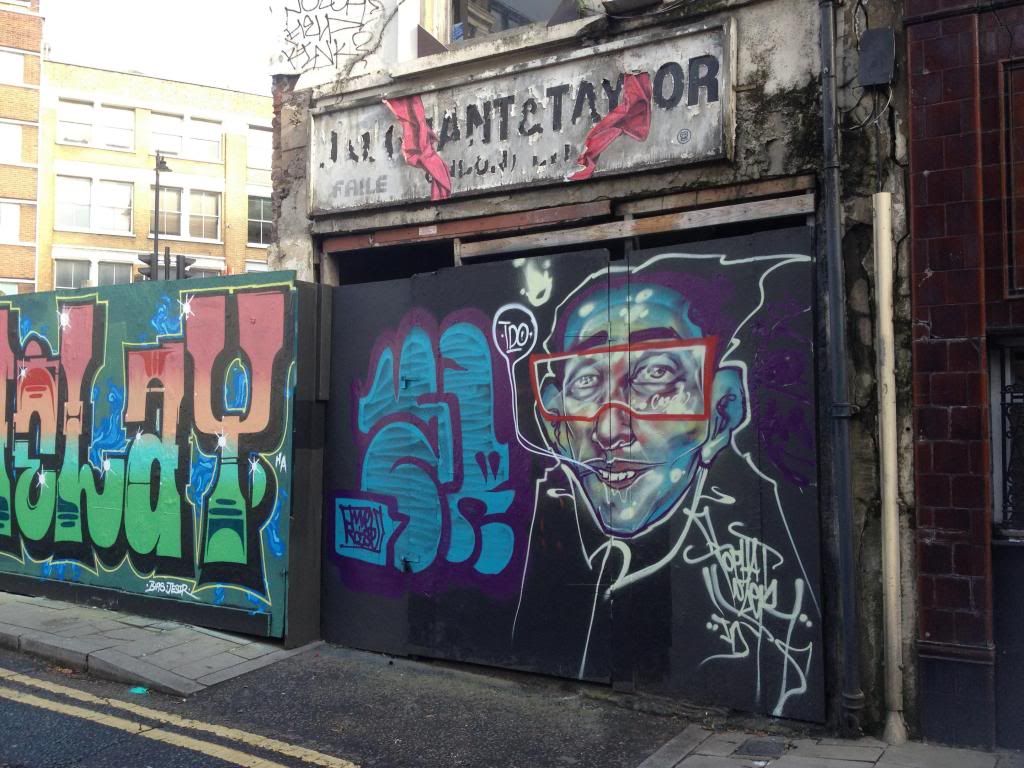
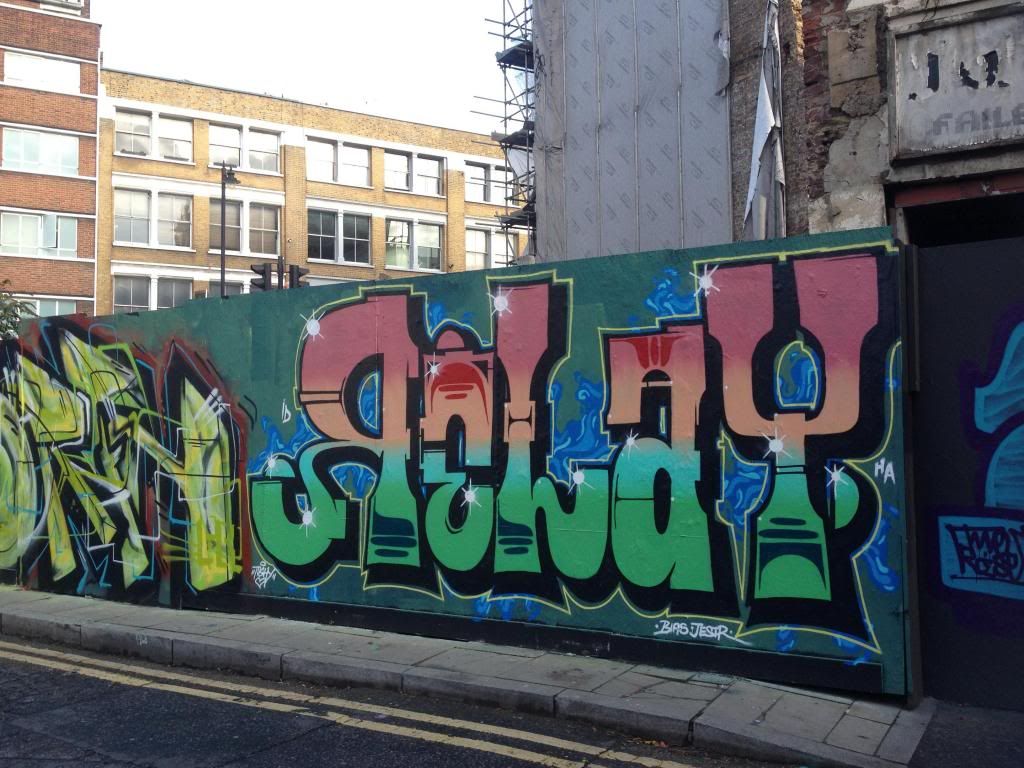

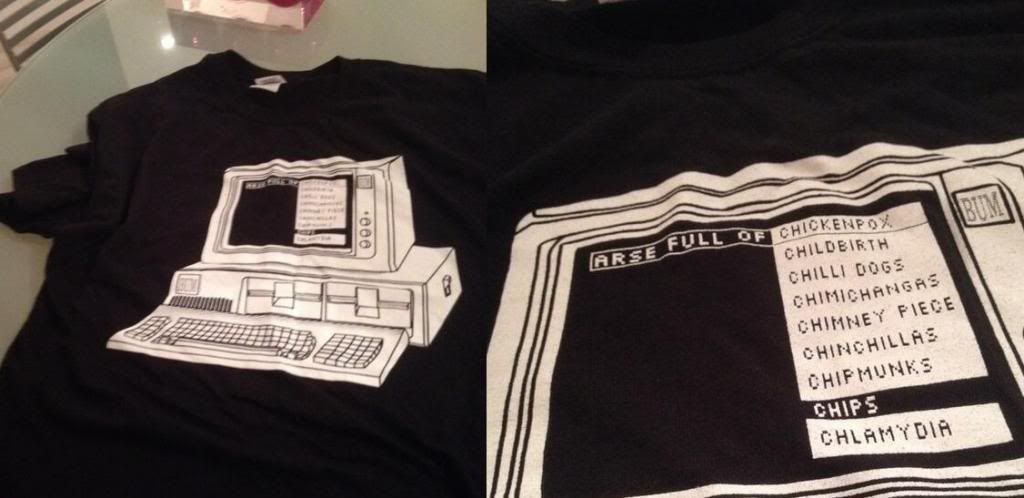
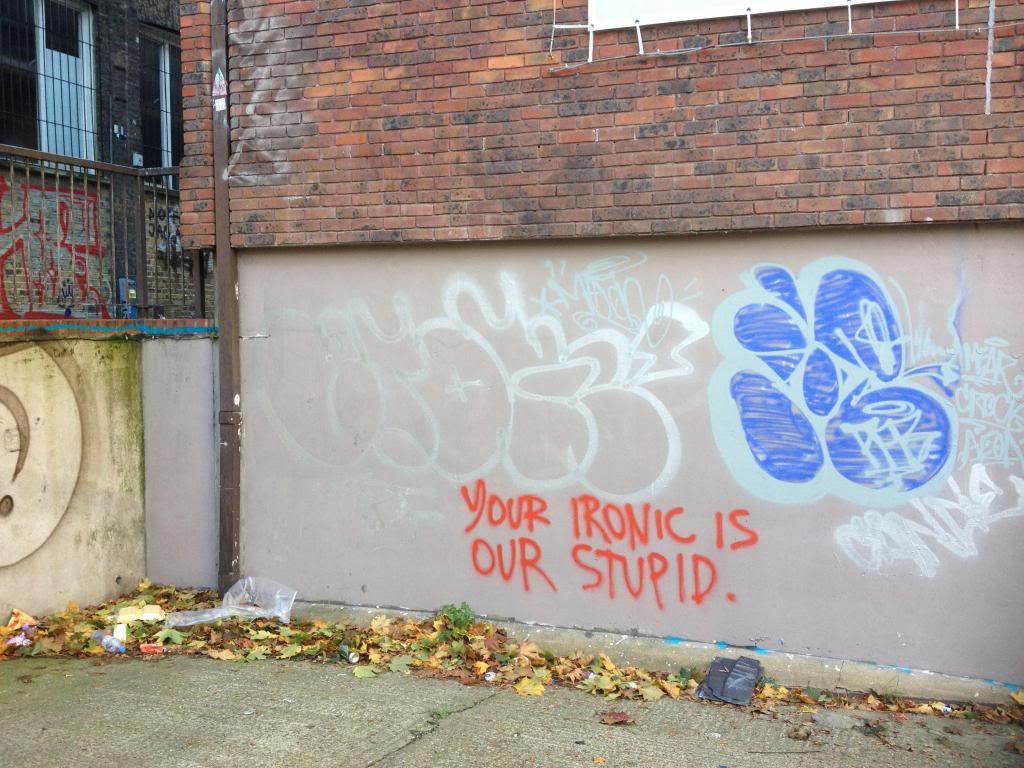
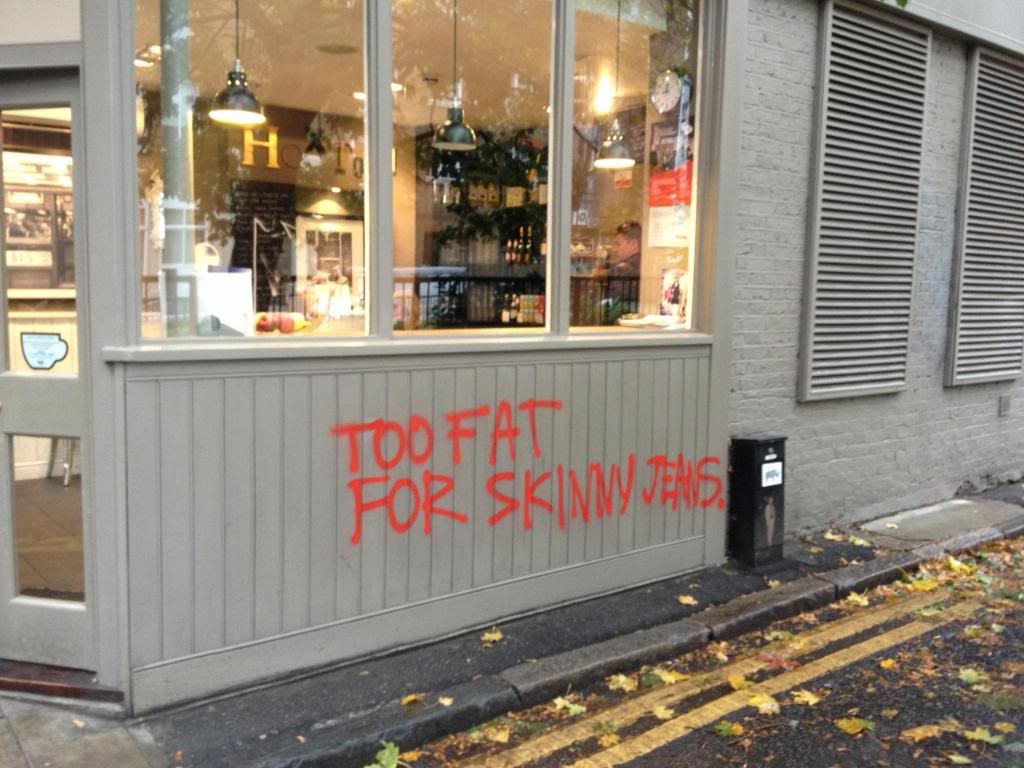
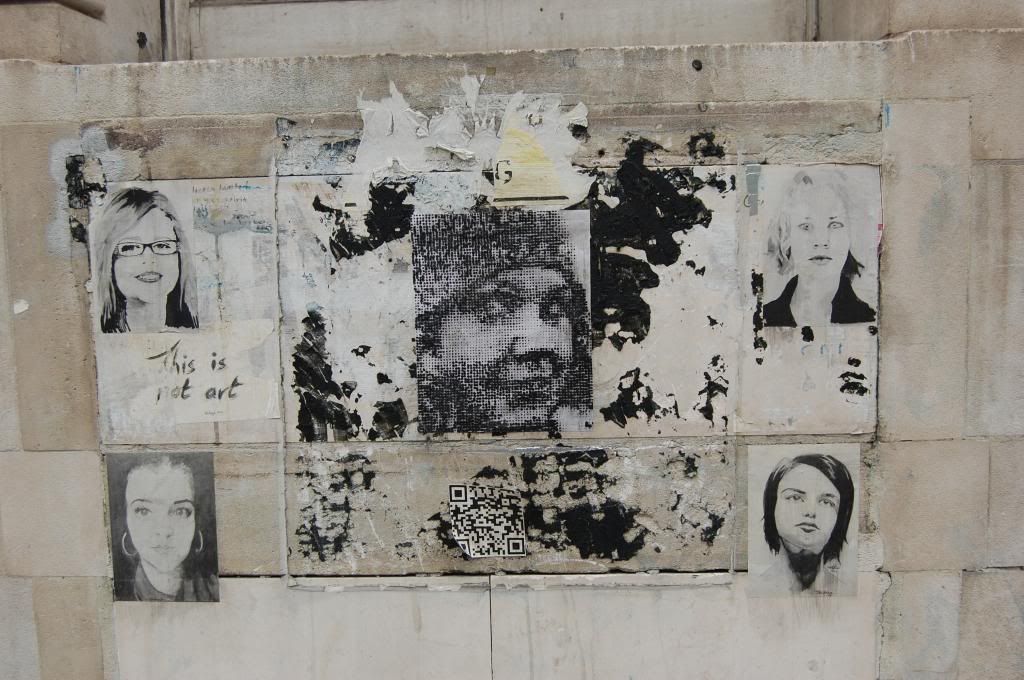
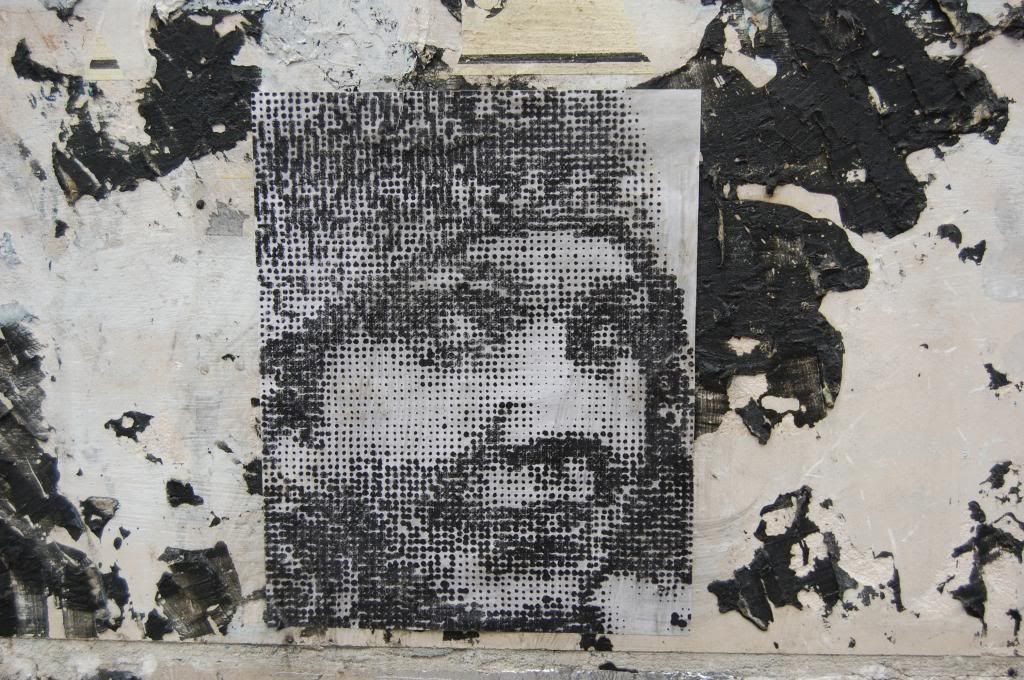

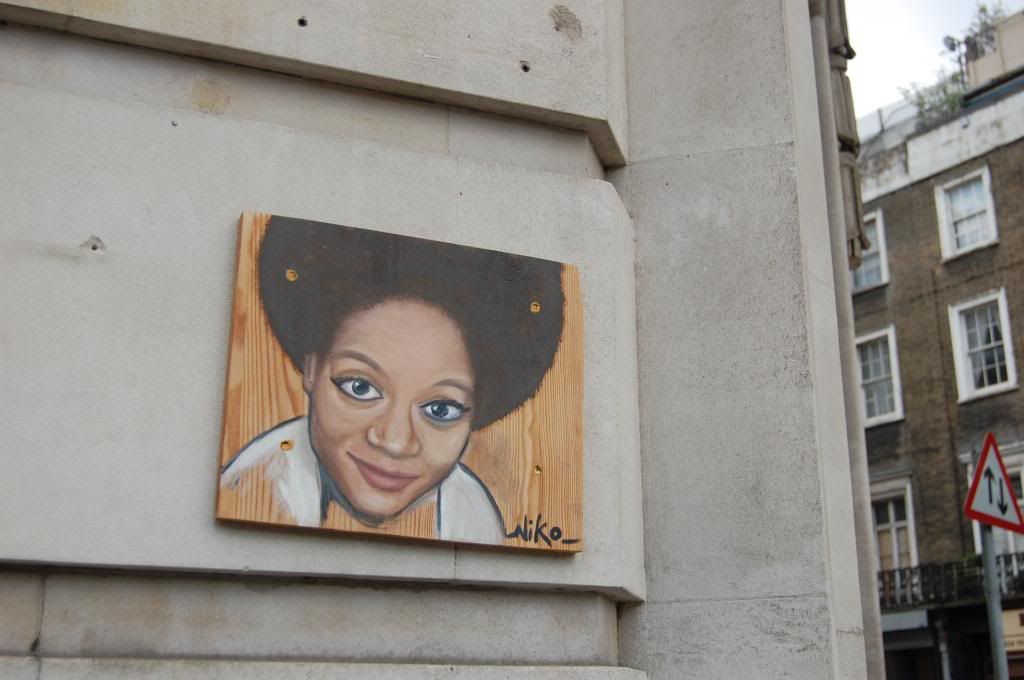
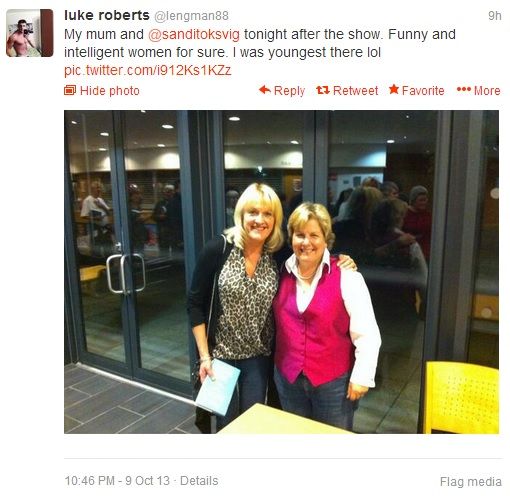




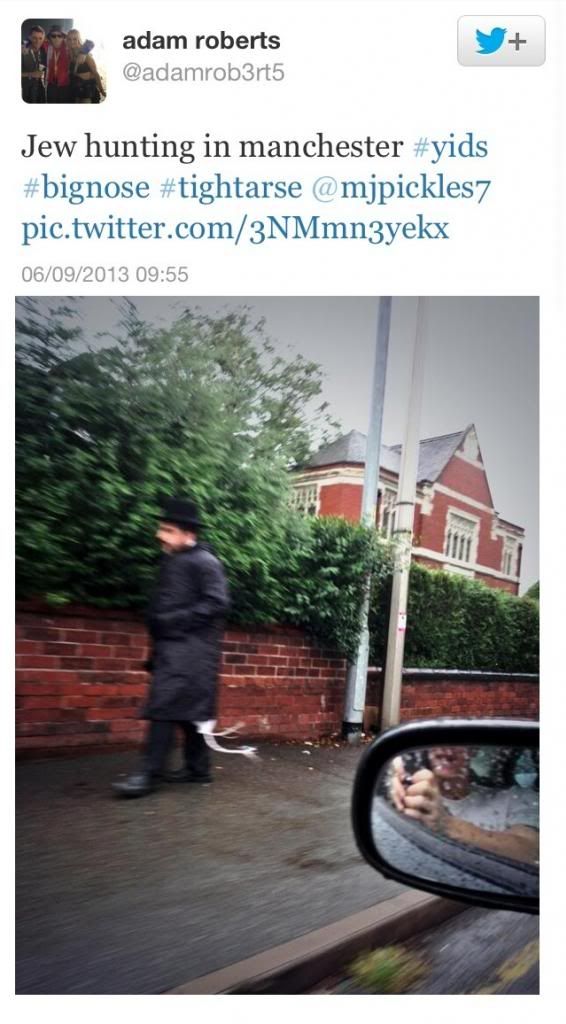

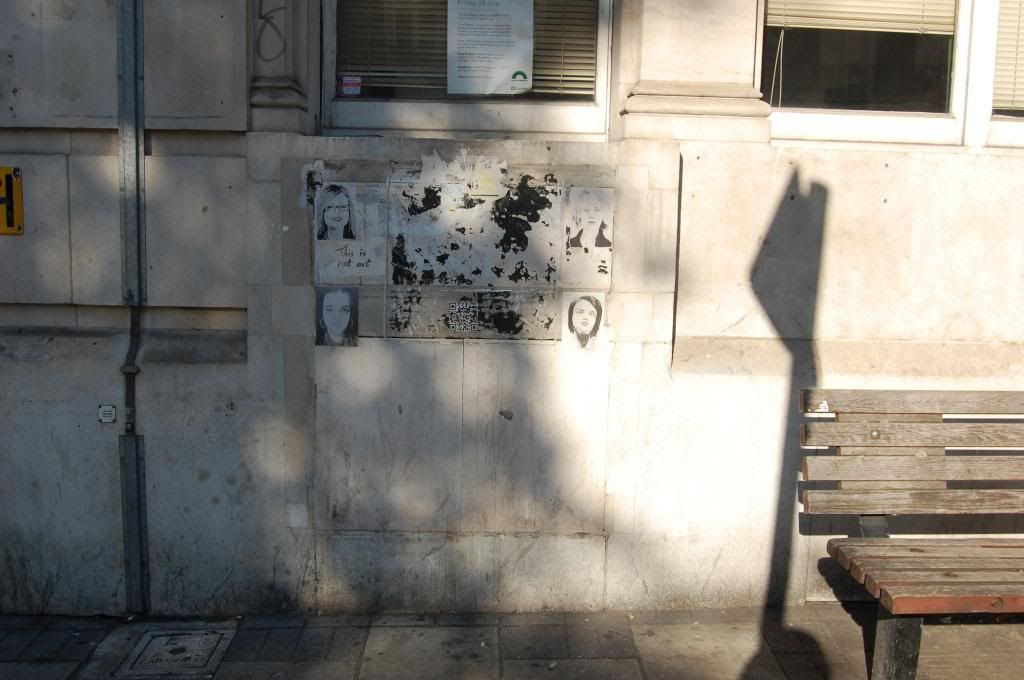
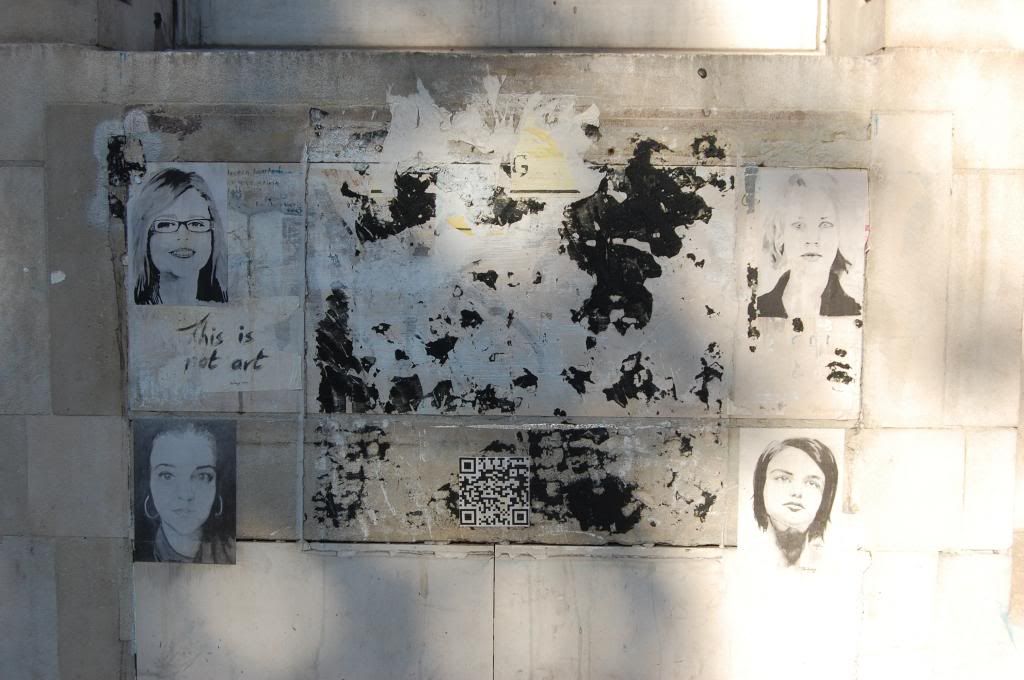
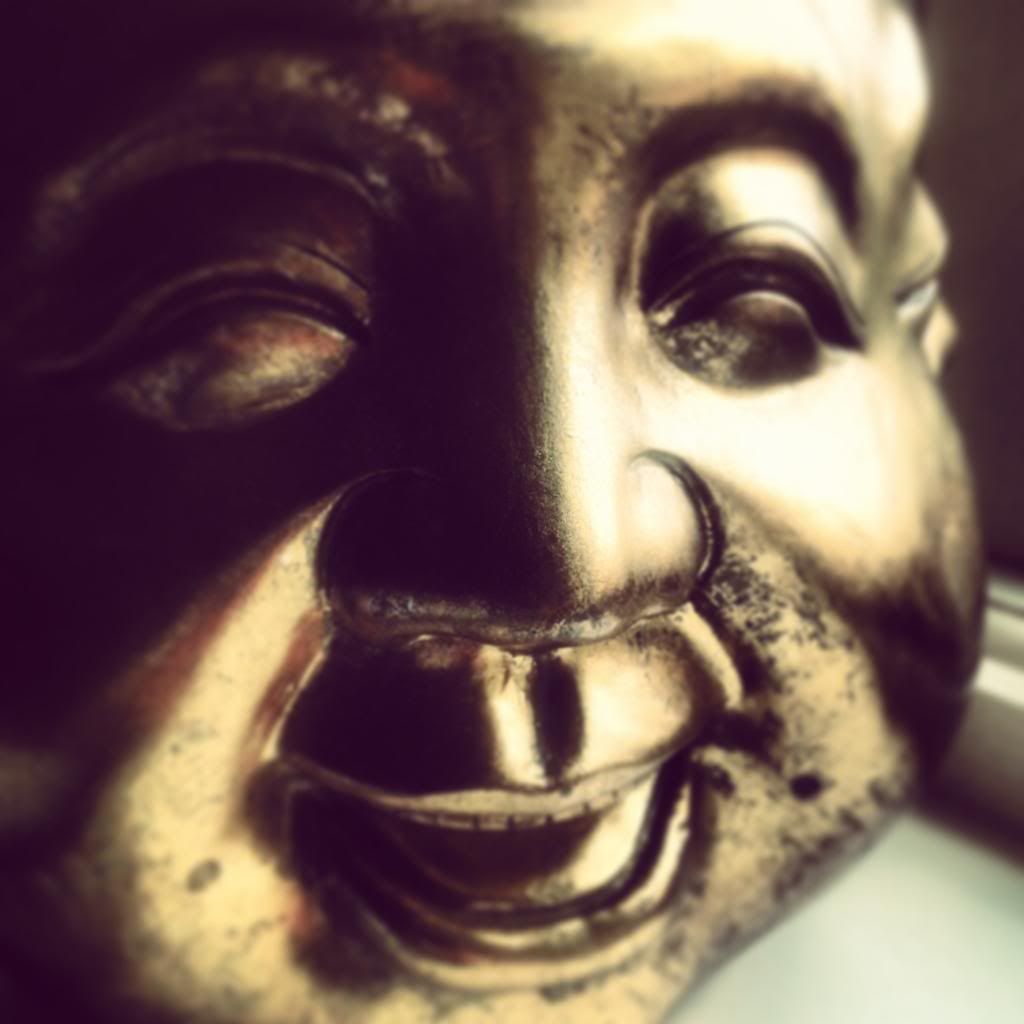
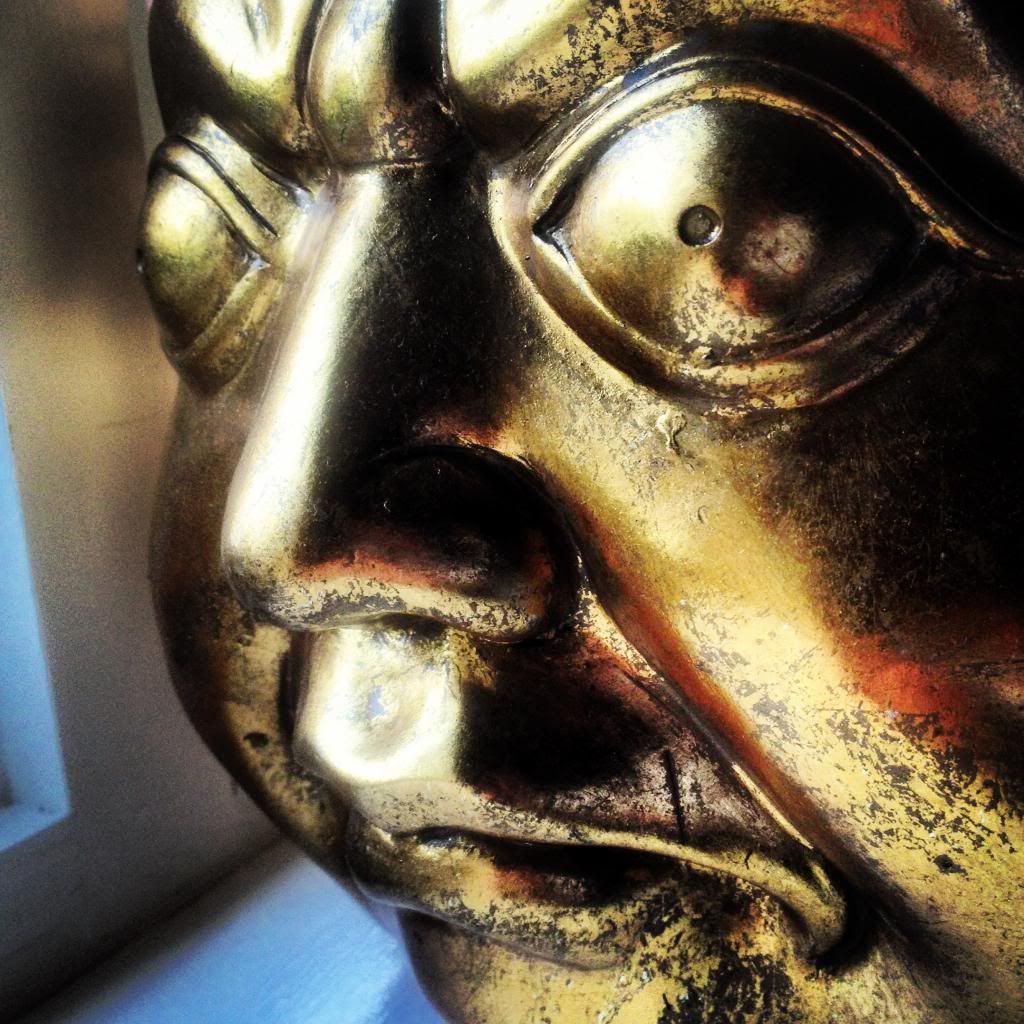
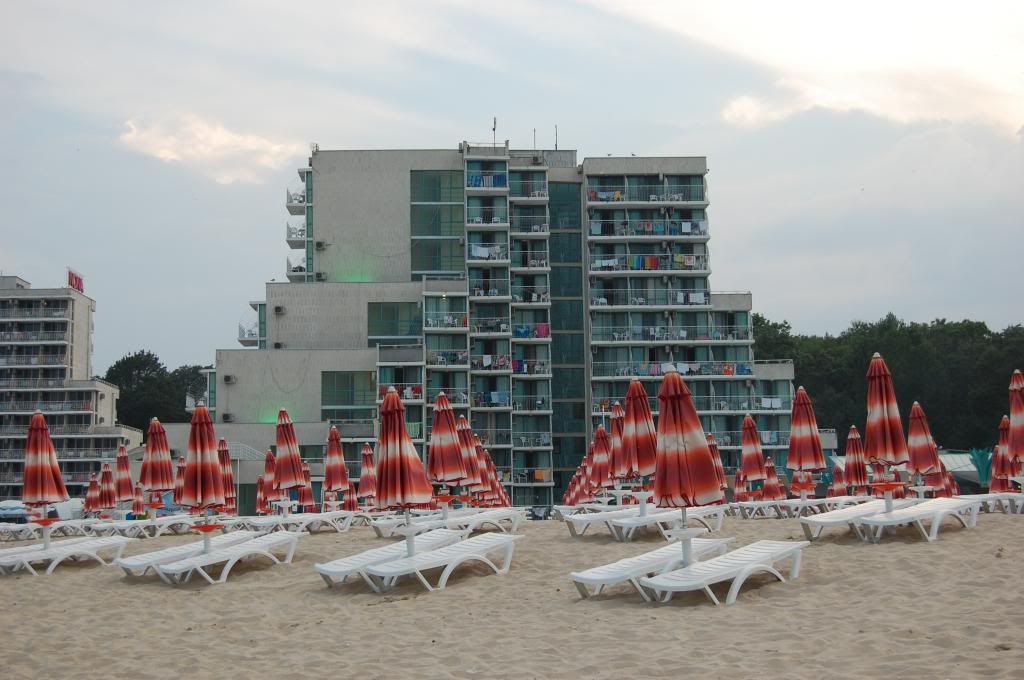
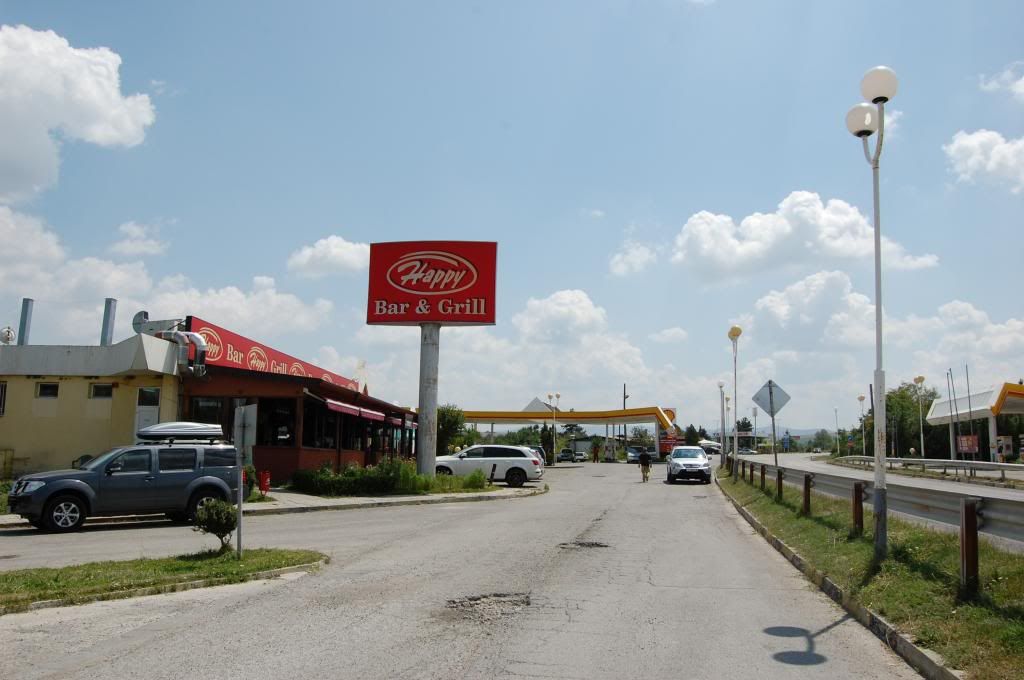
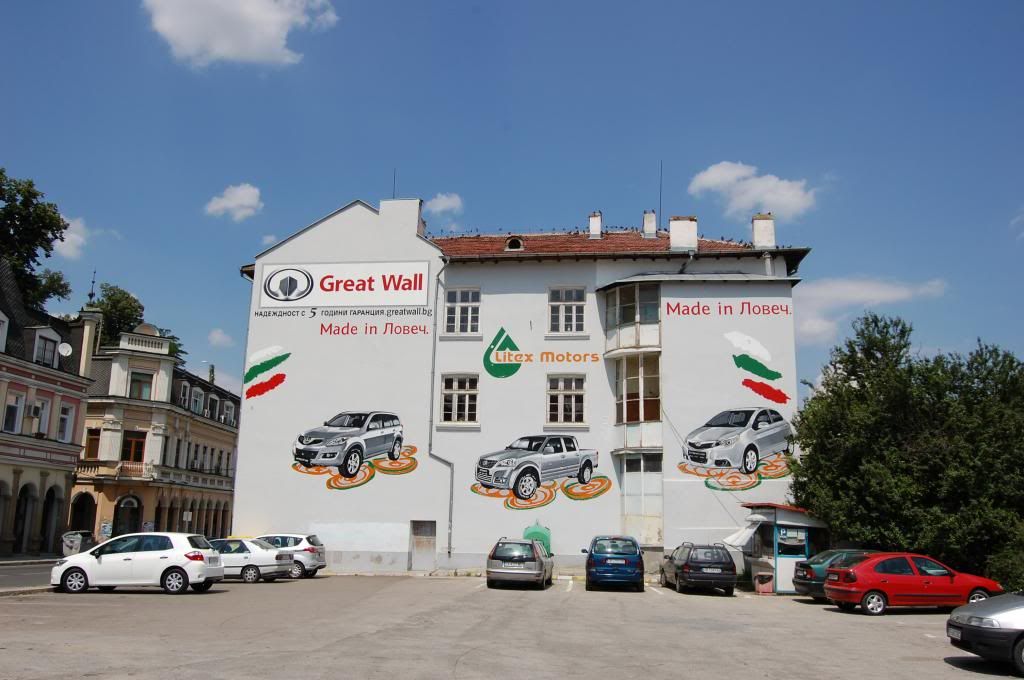
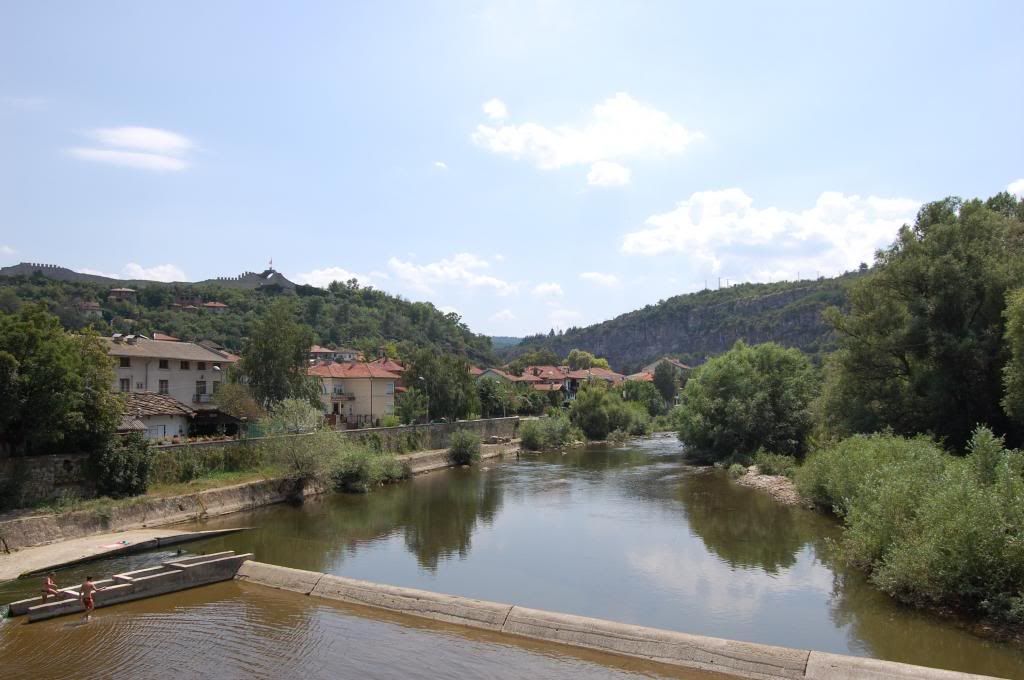
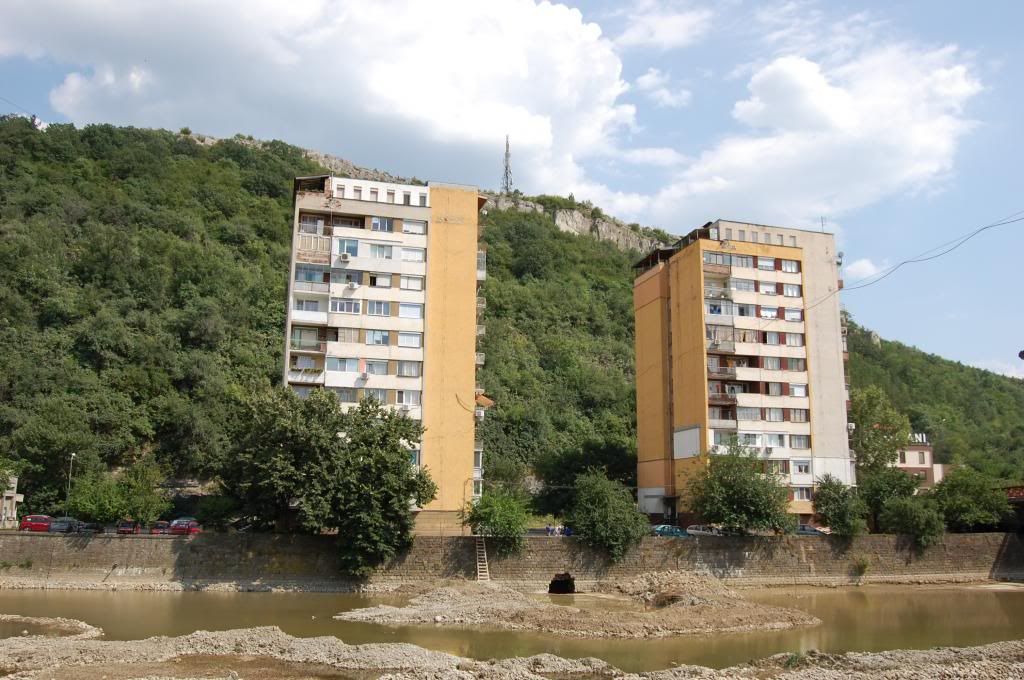
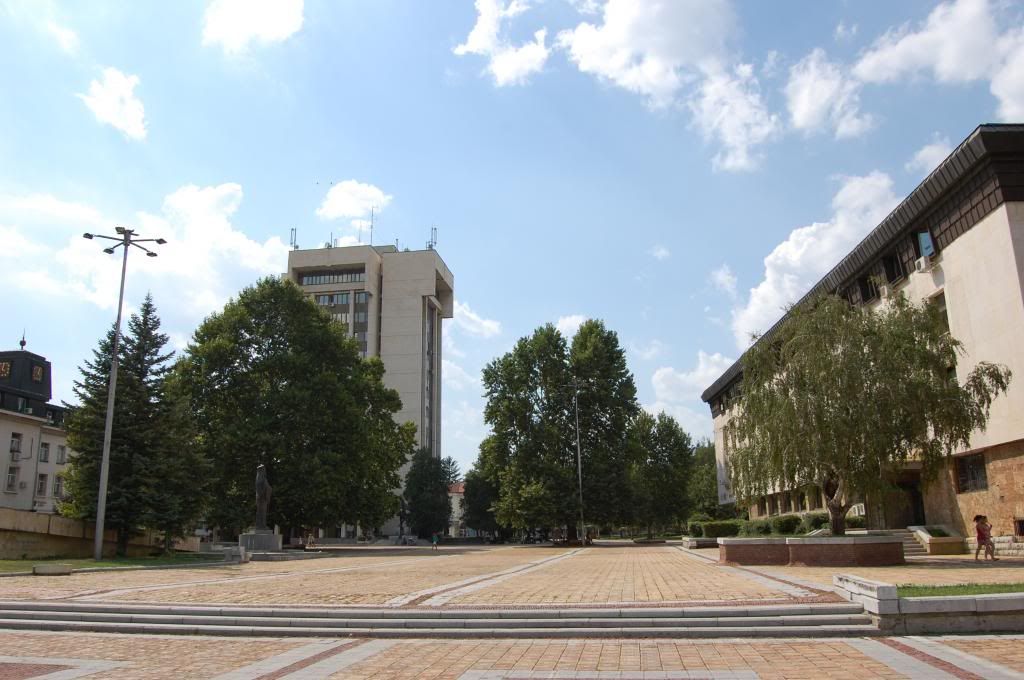
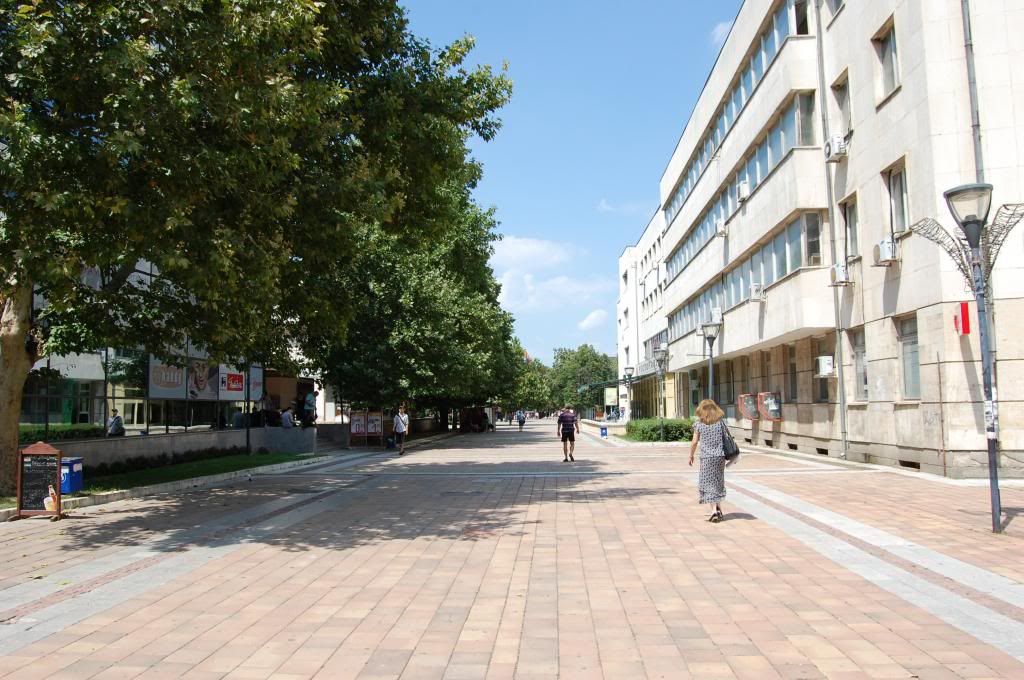
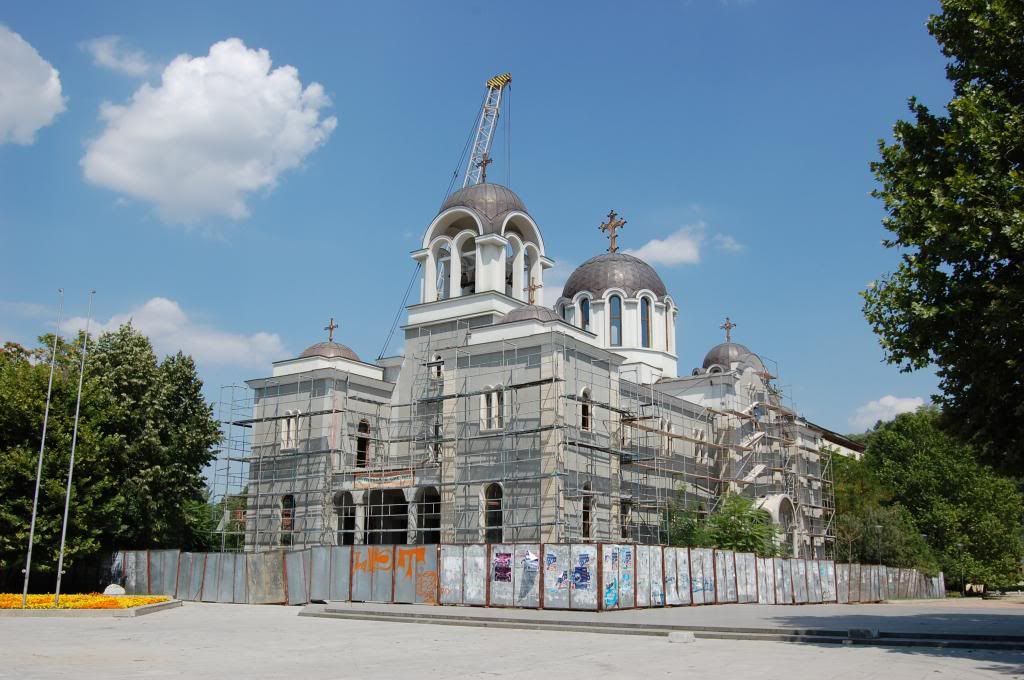
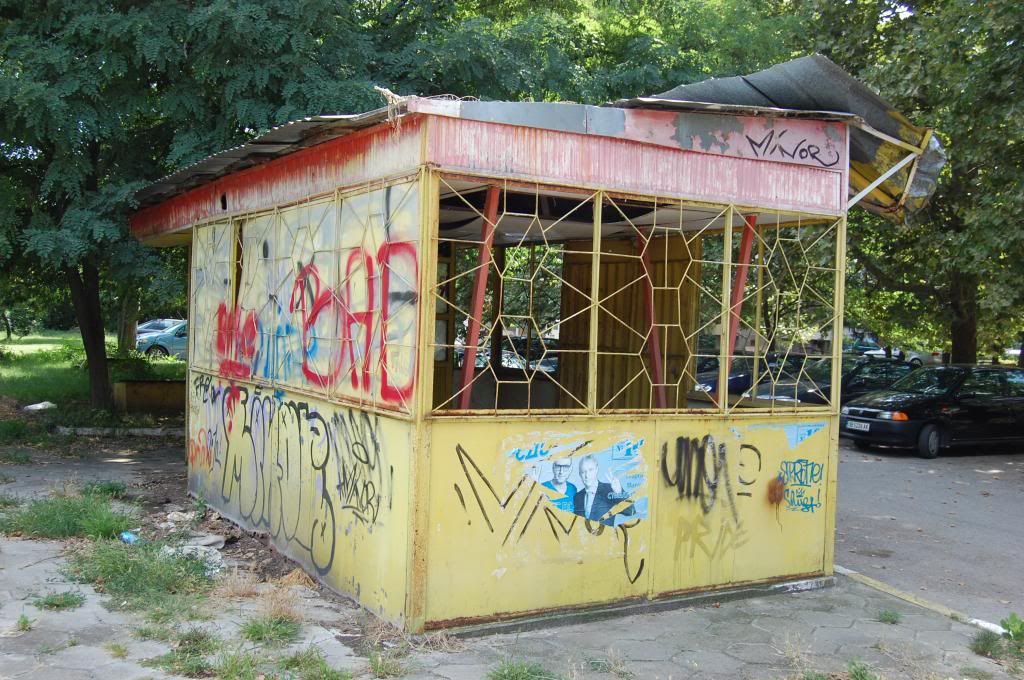
 Back to TOP
Back to TOP